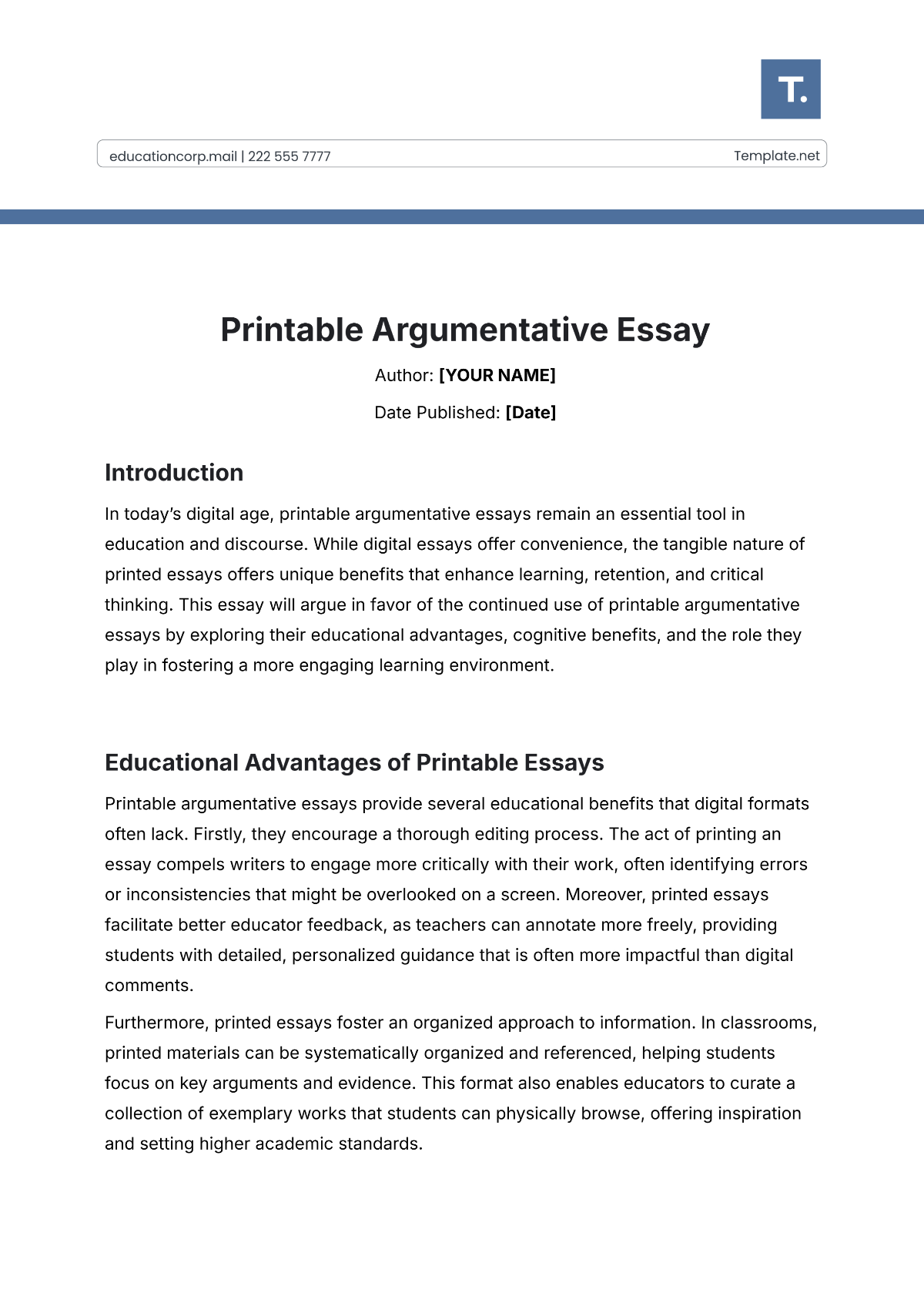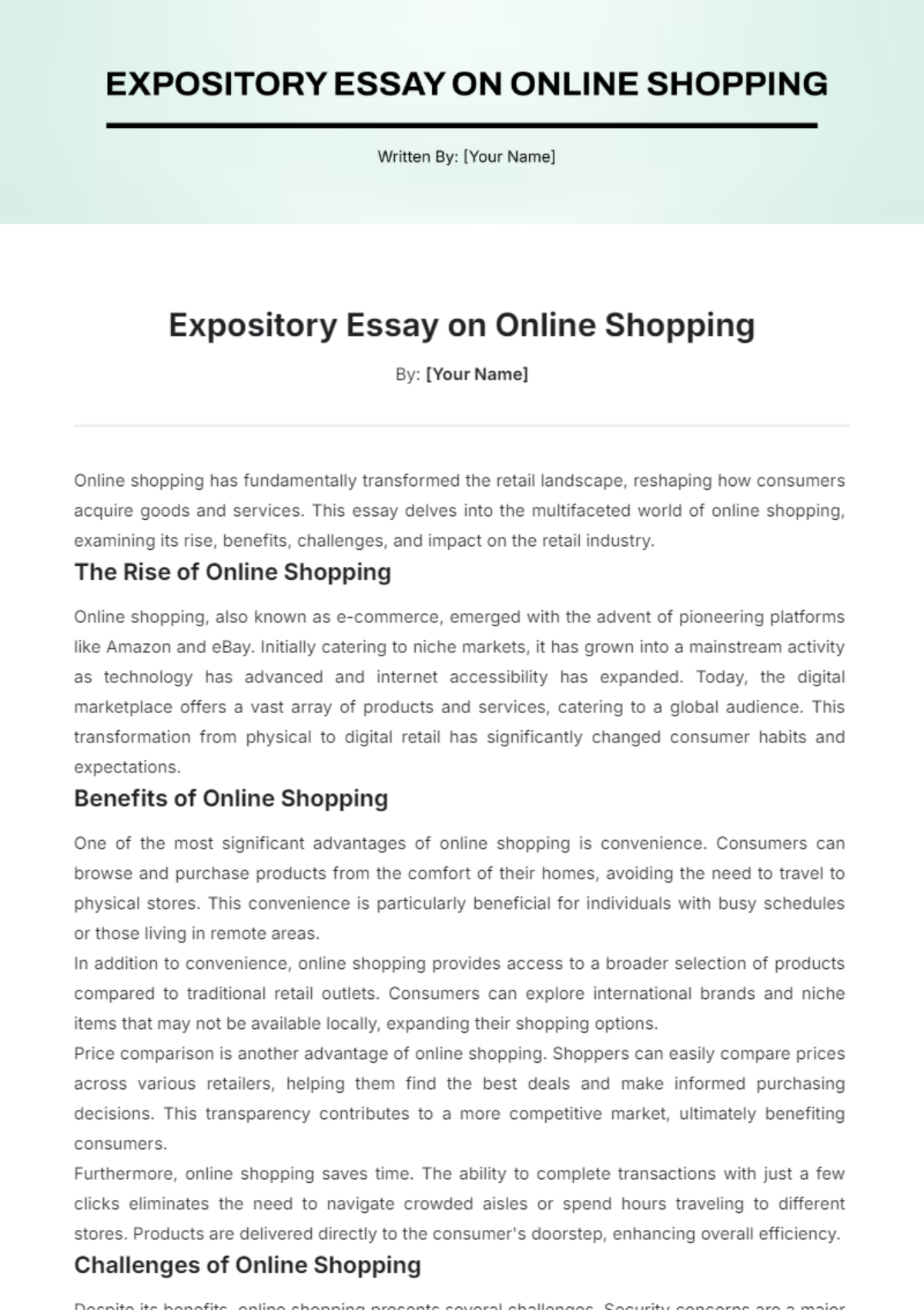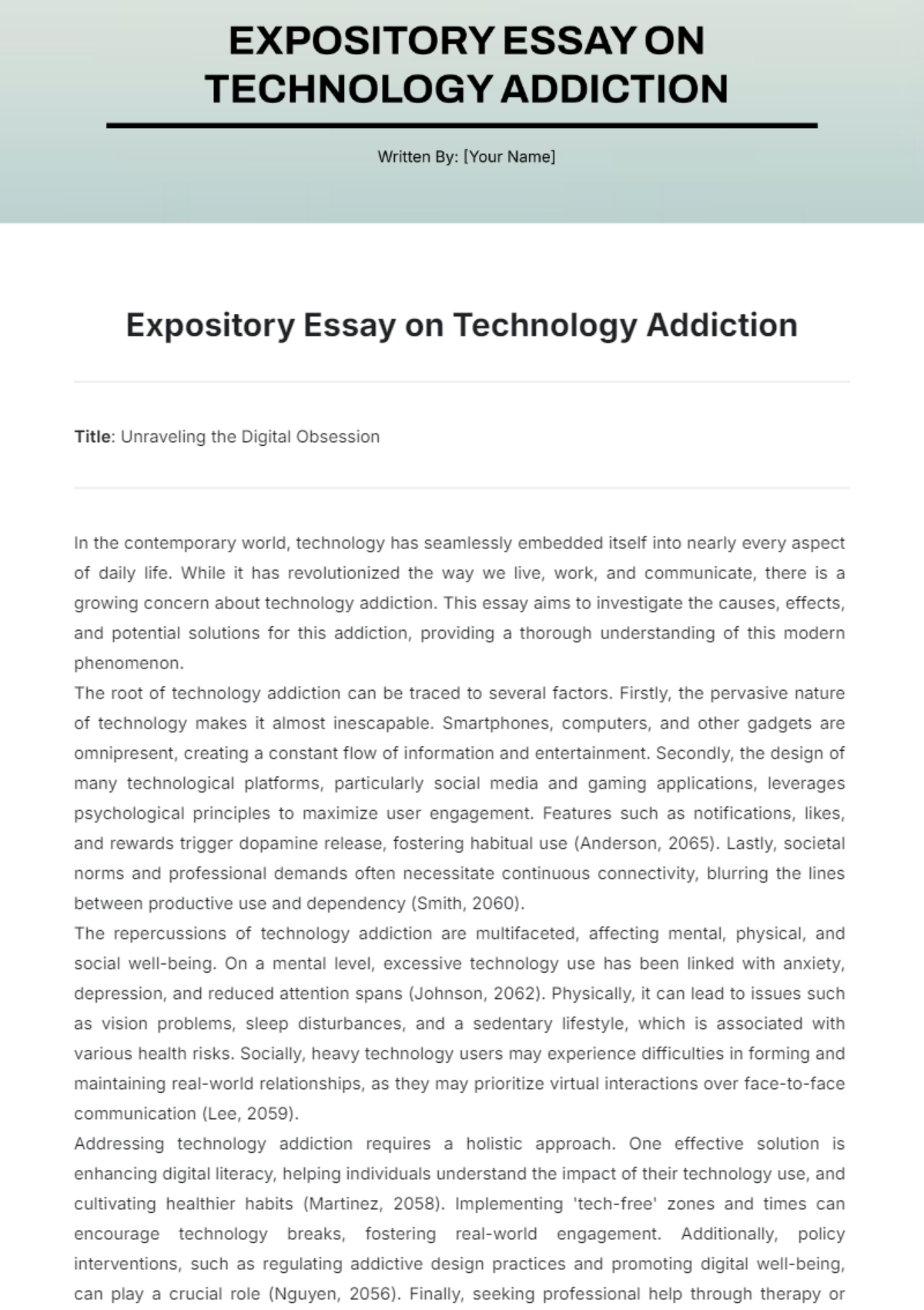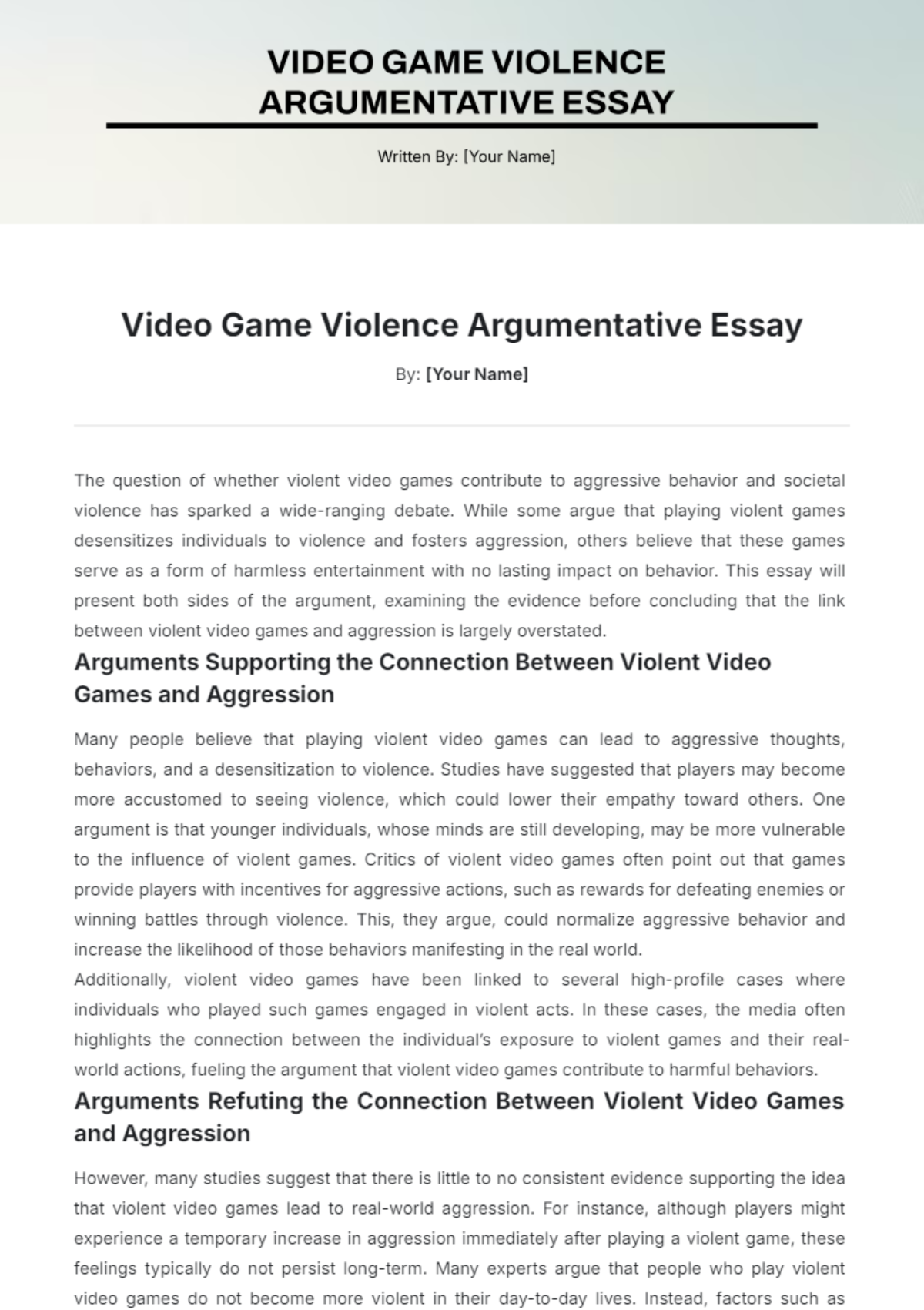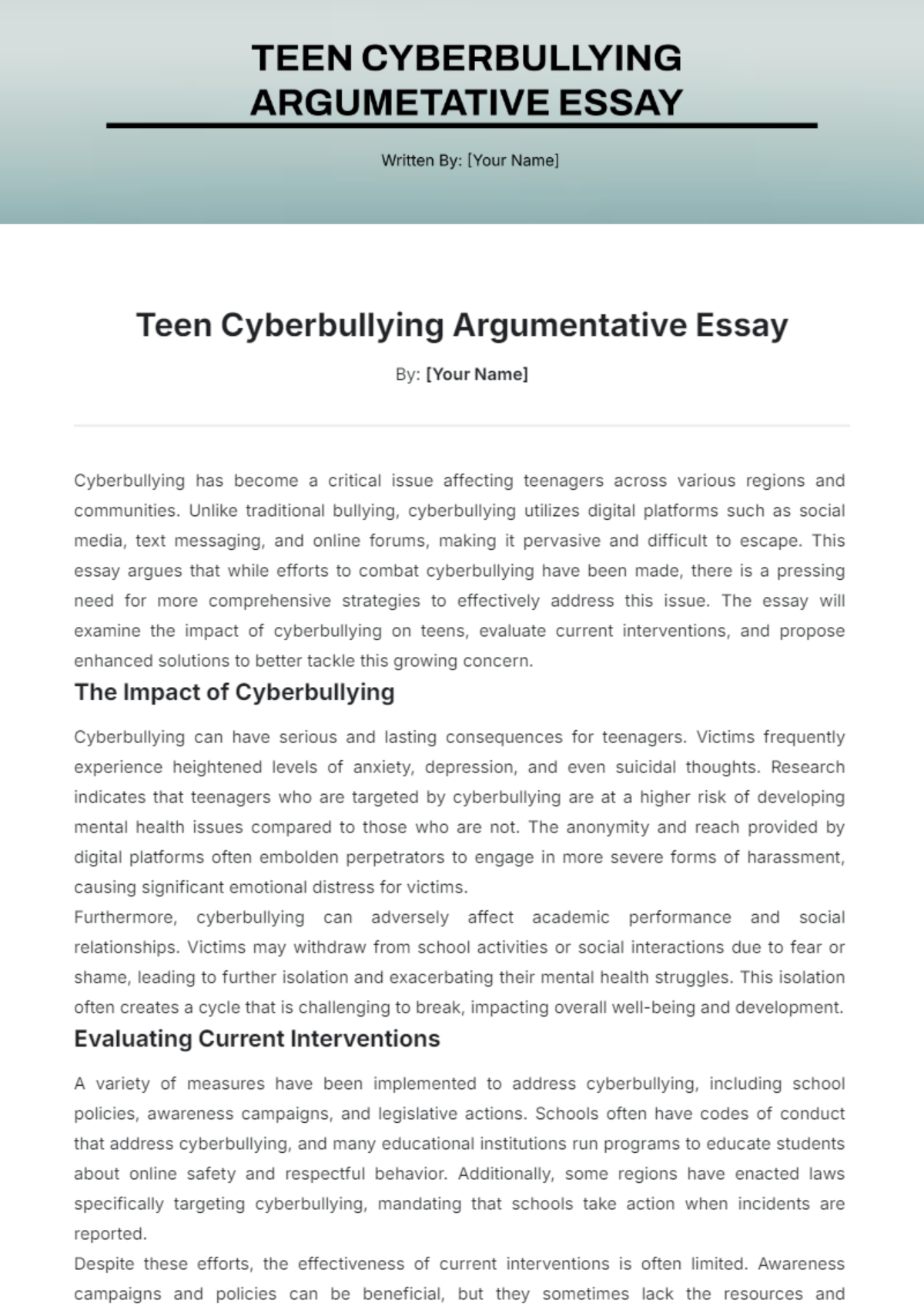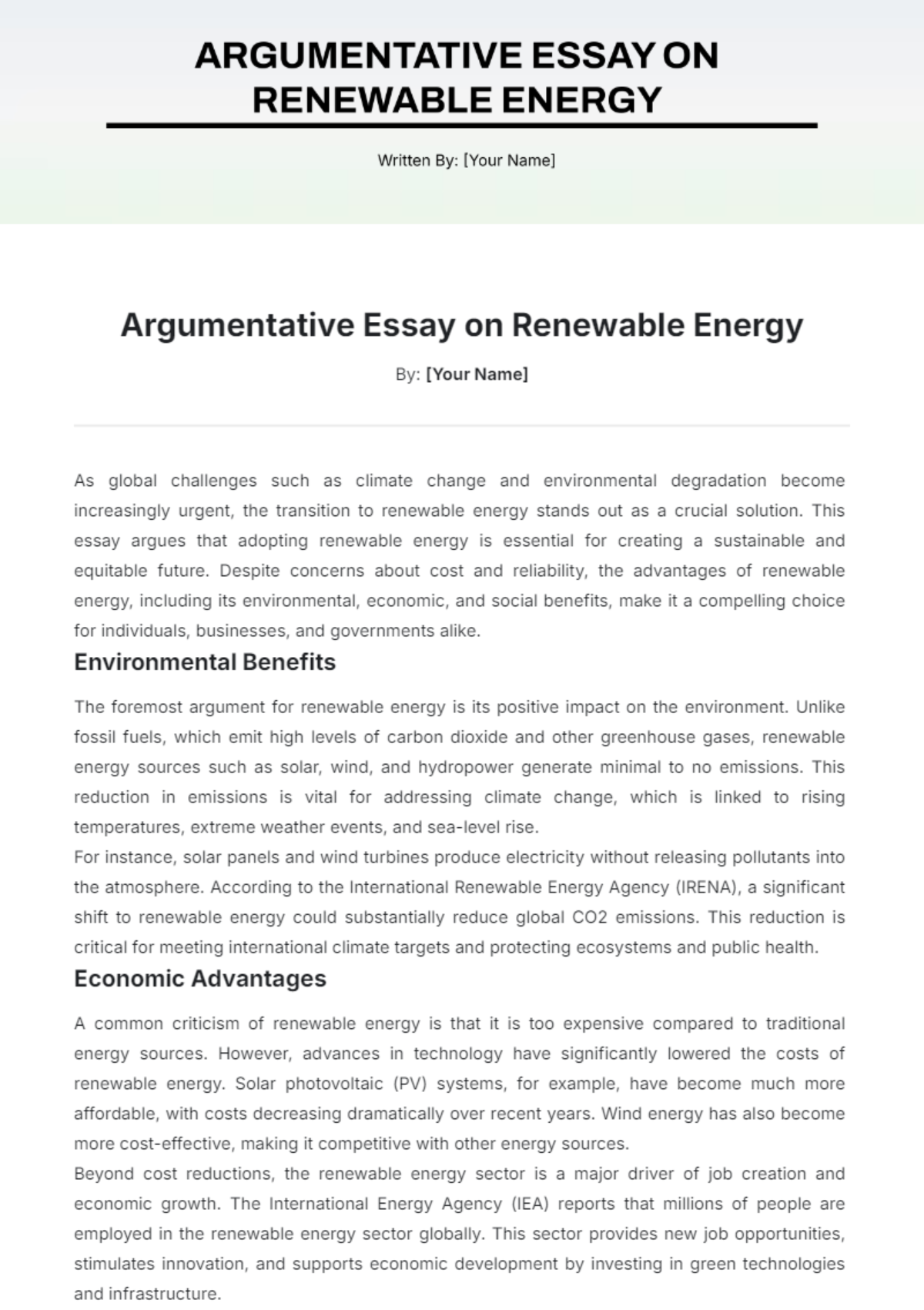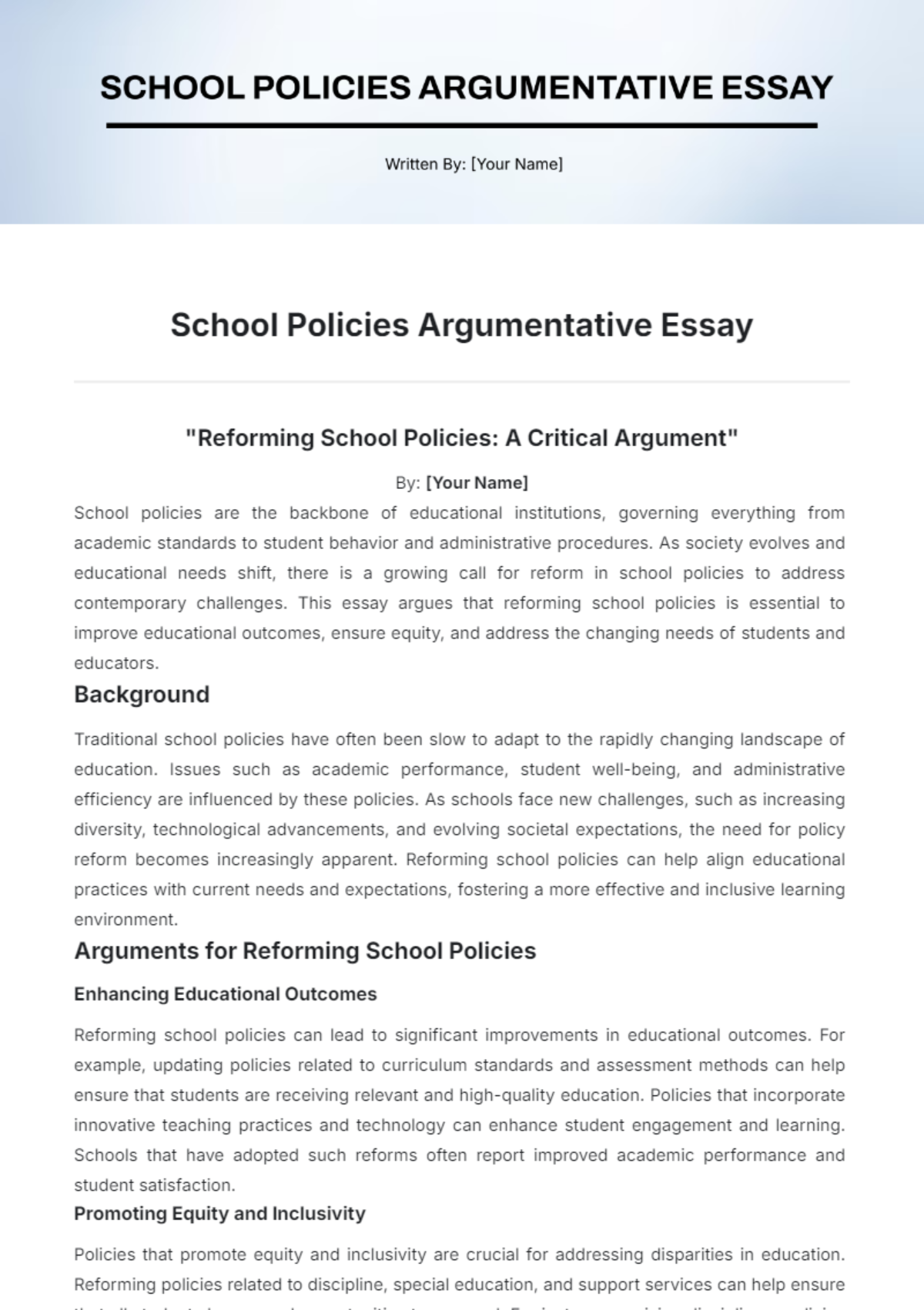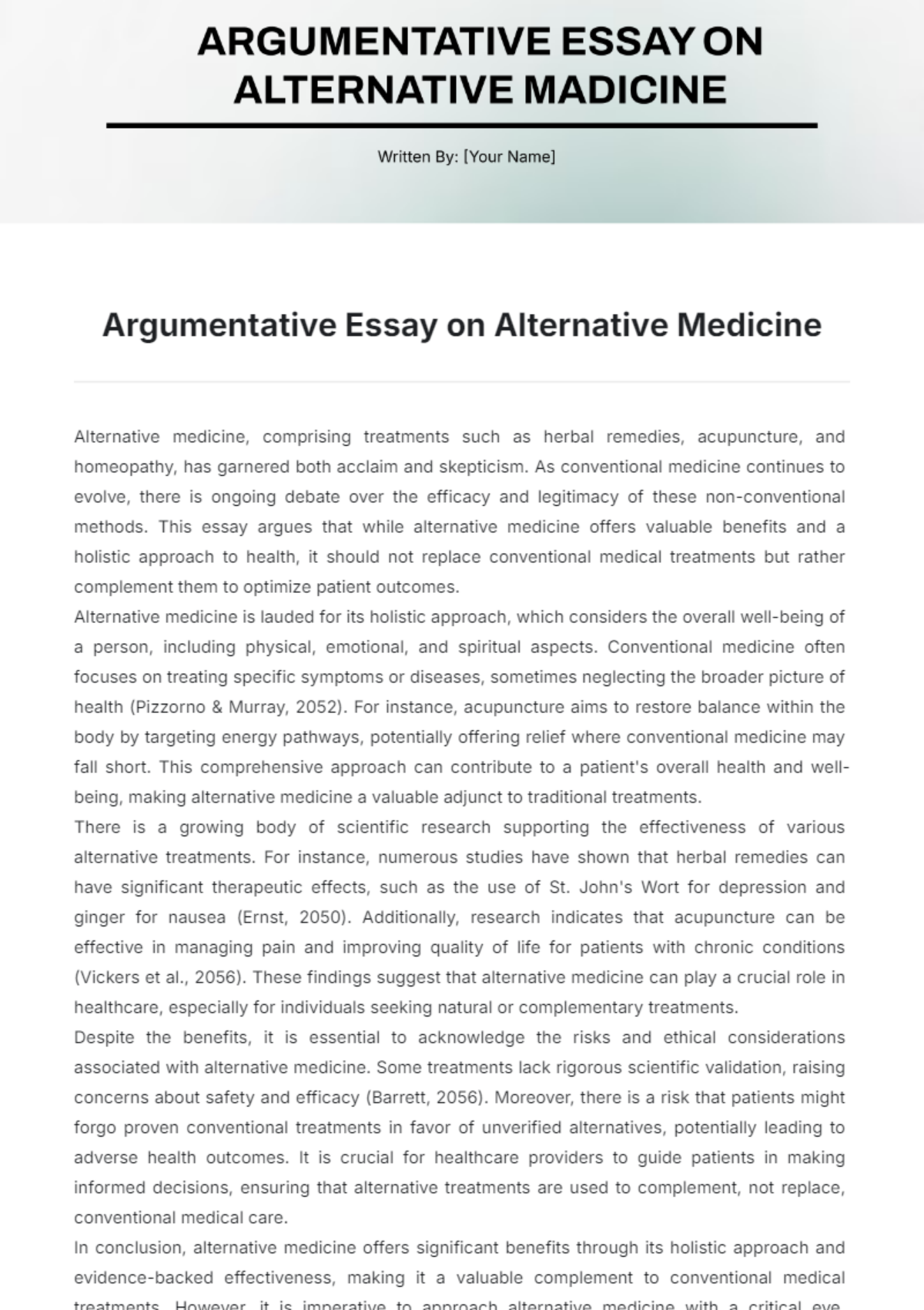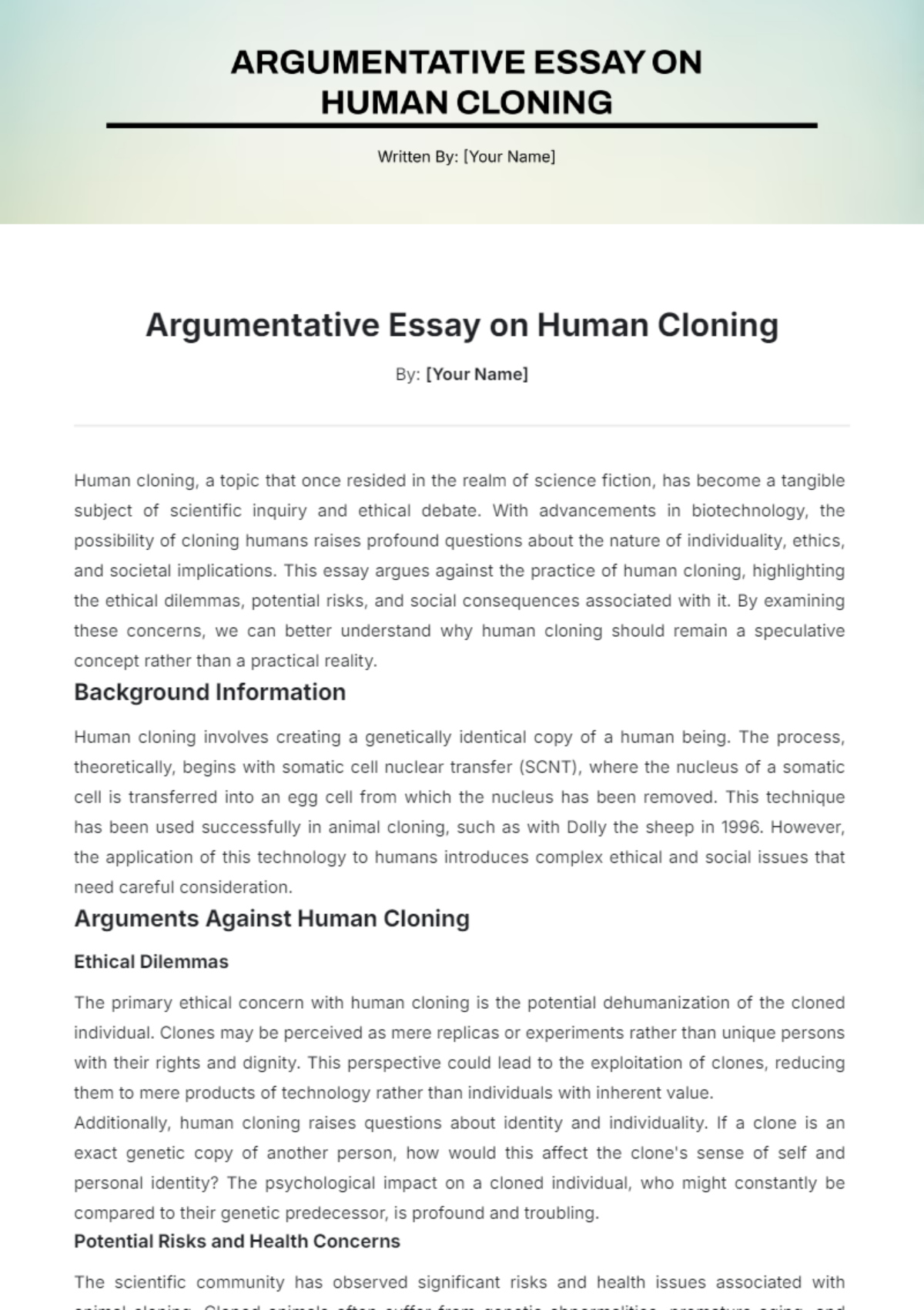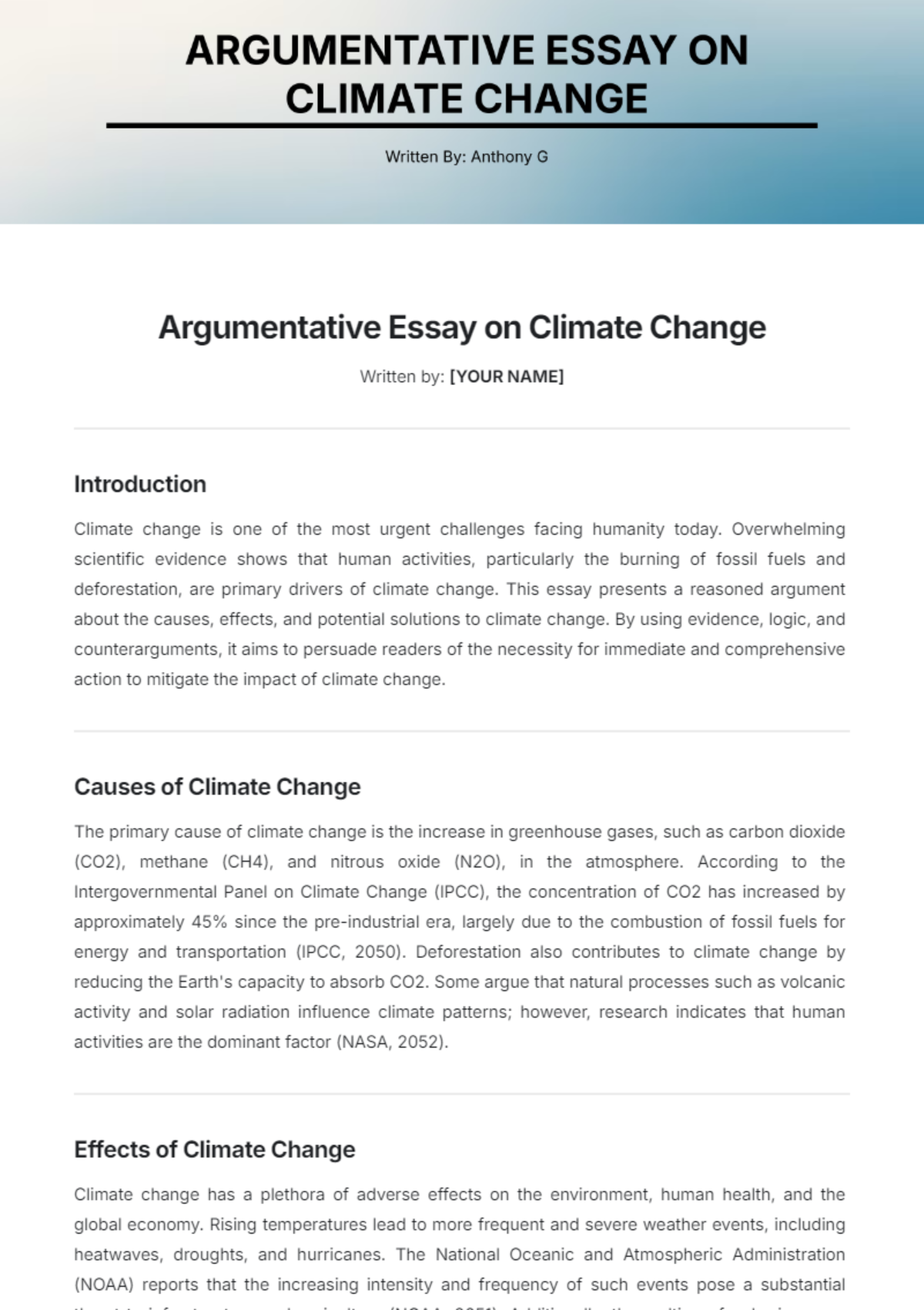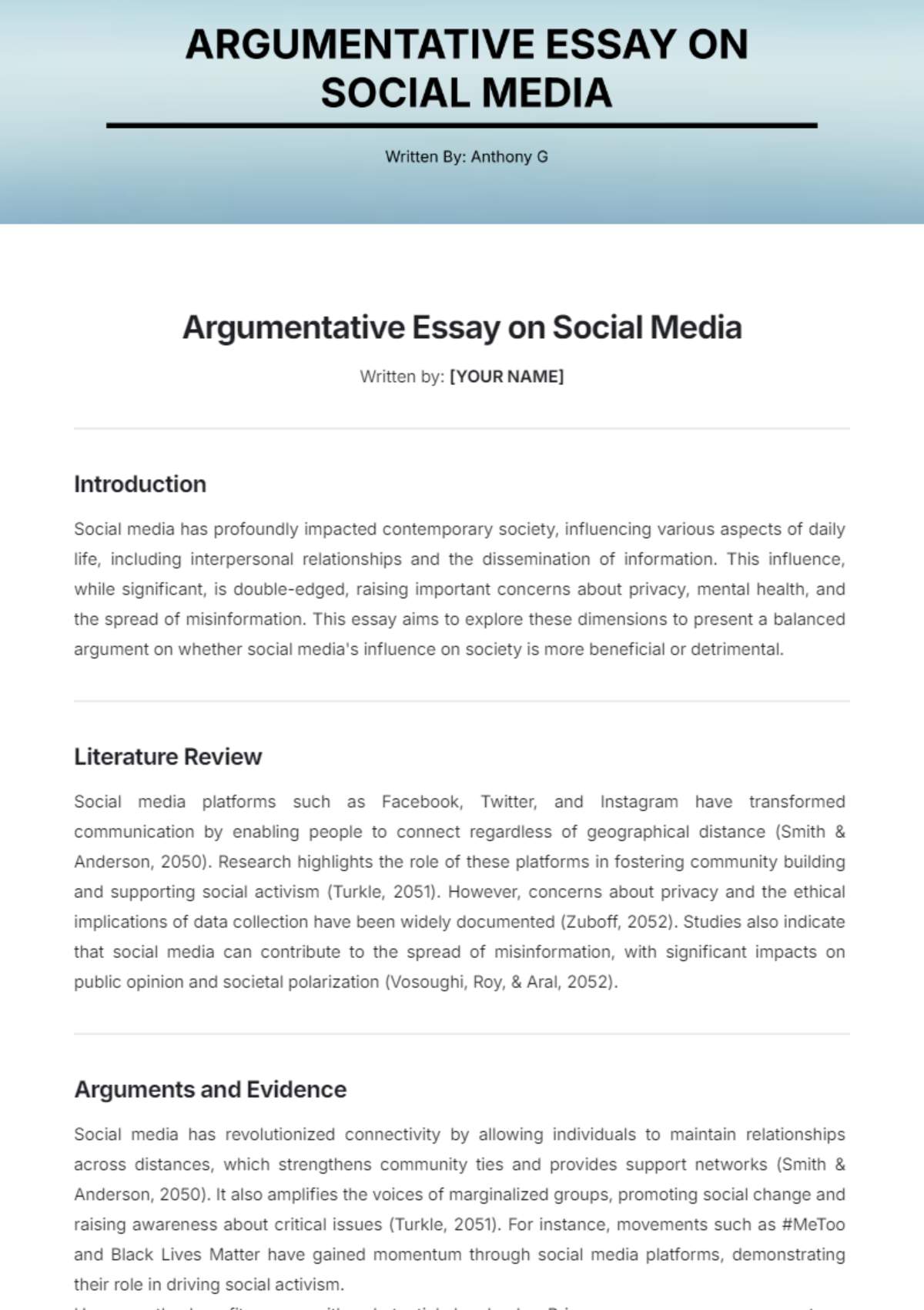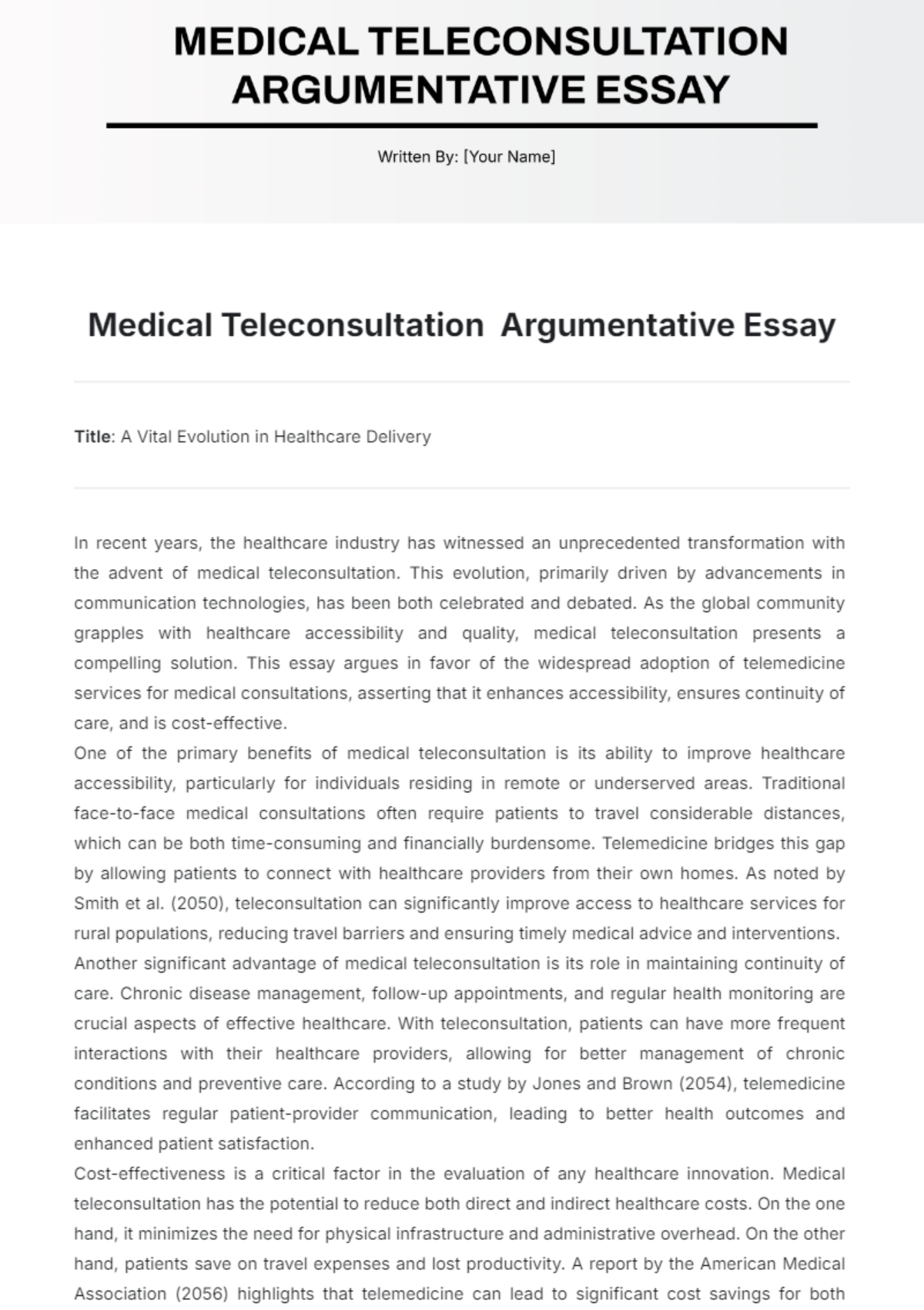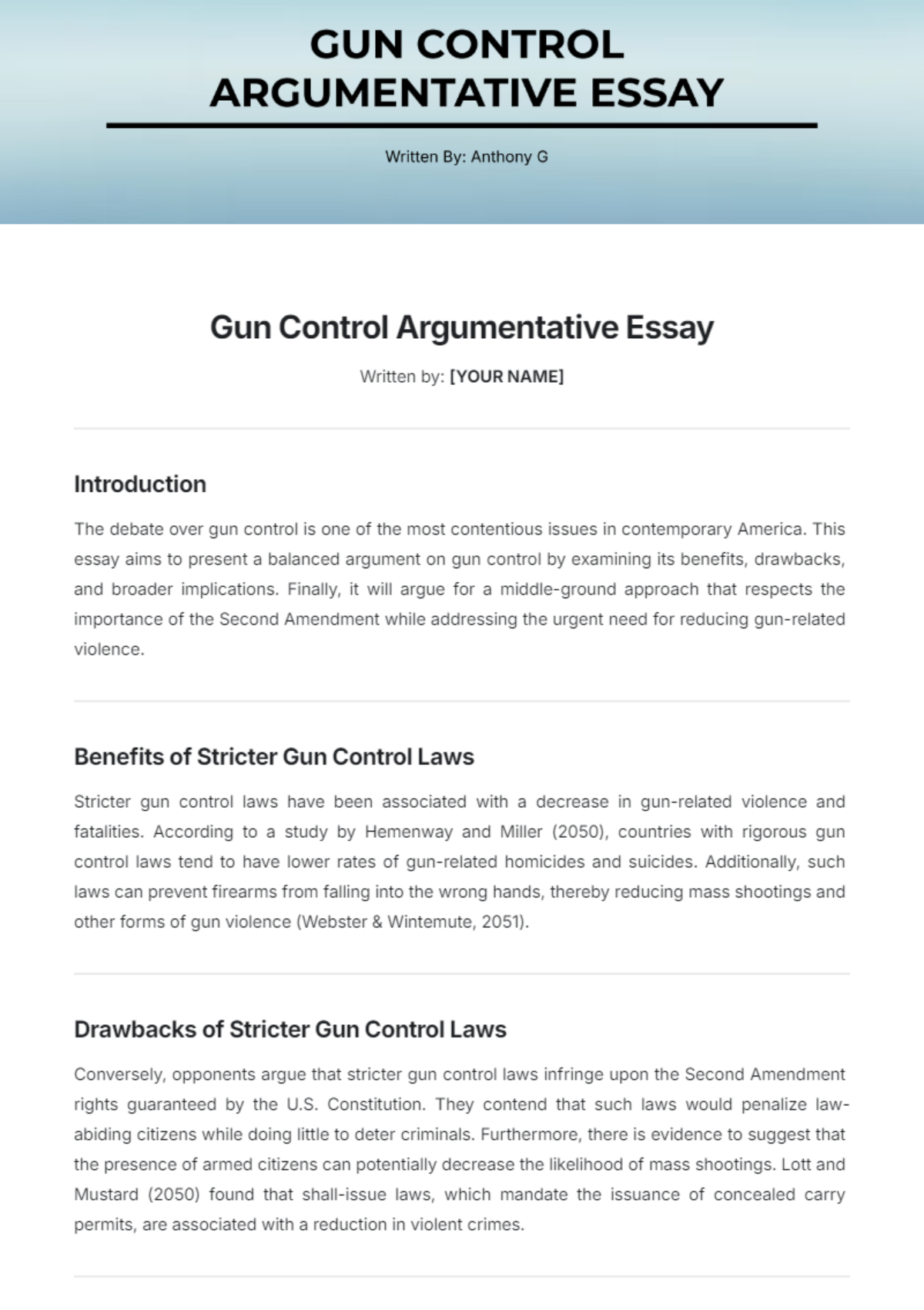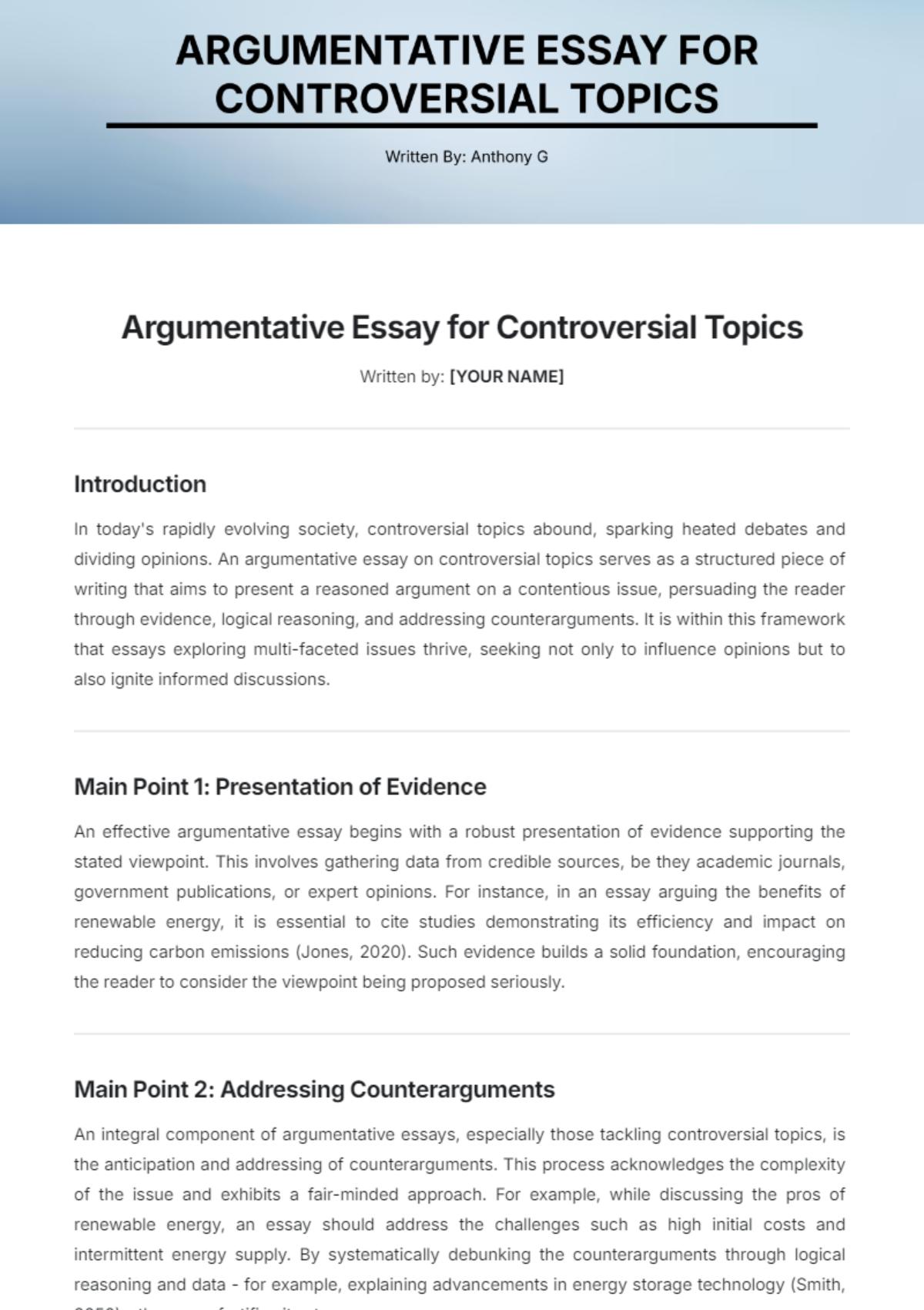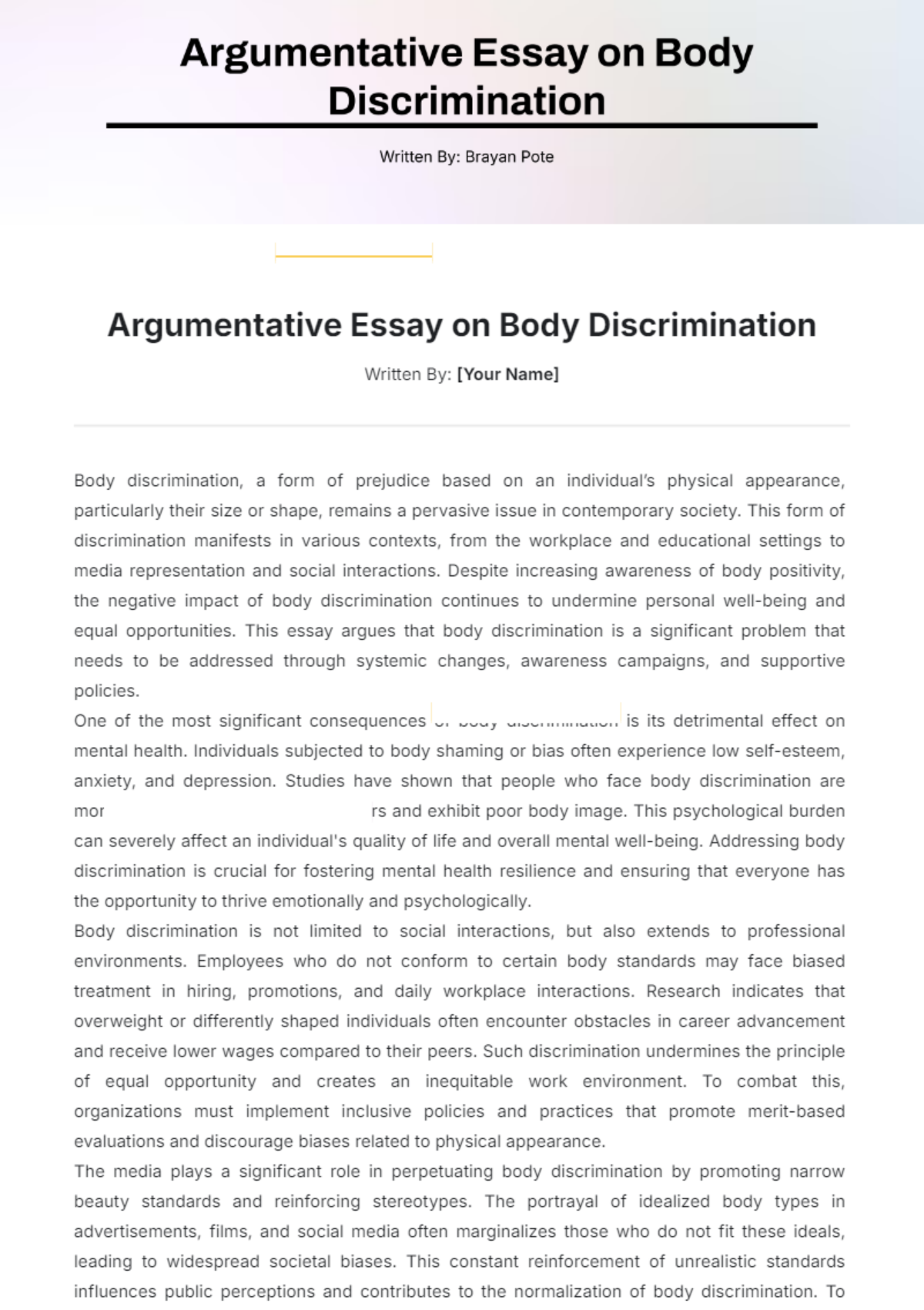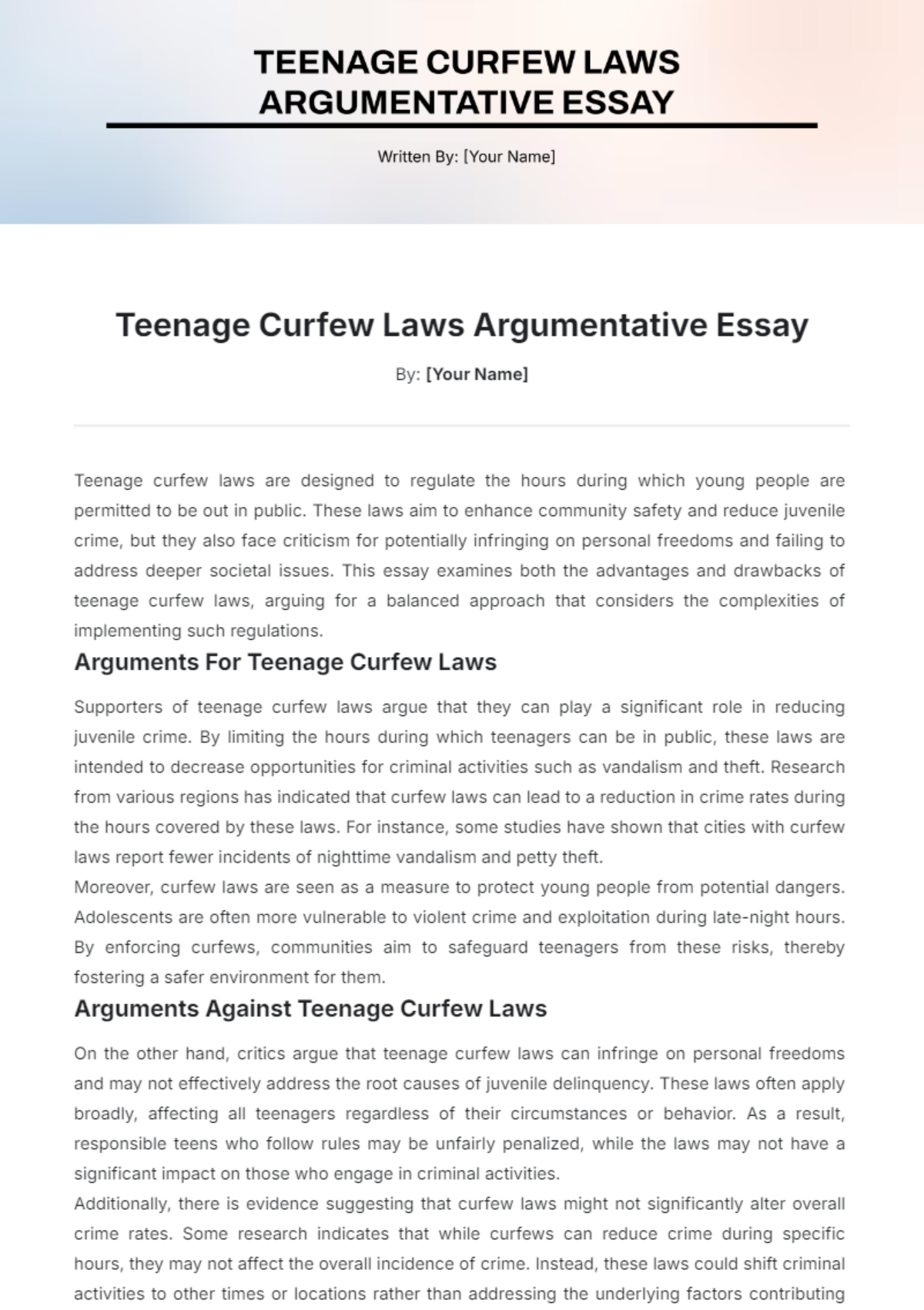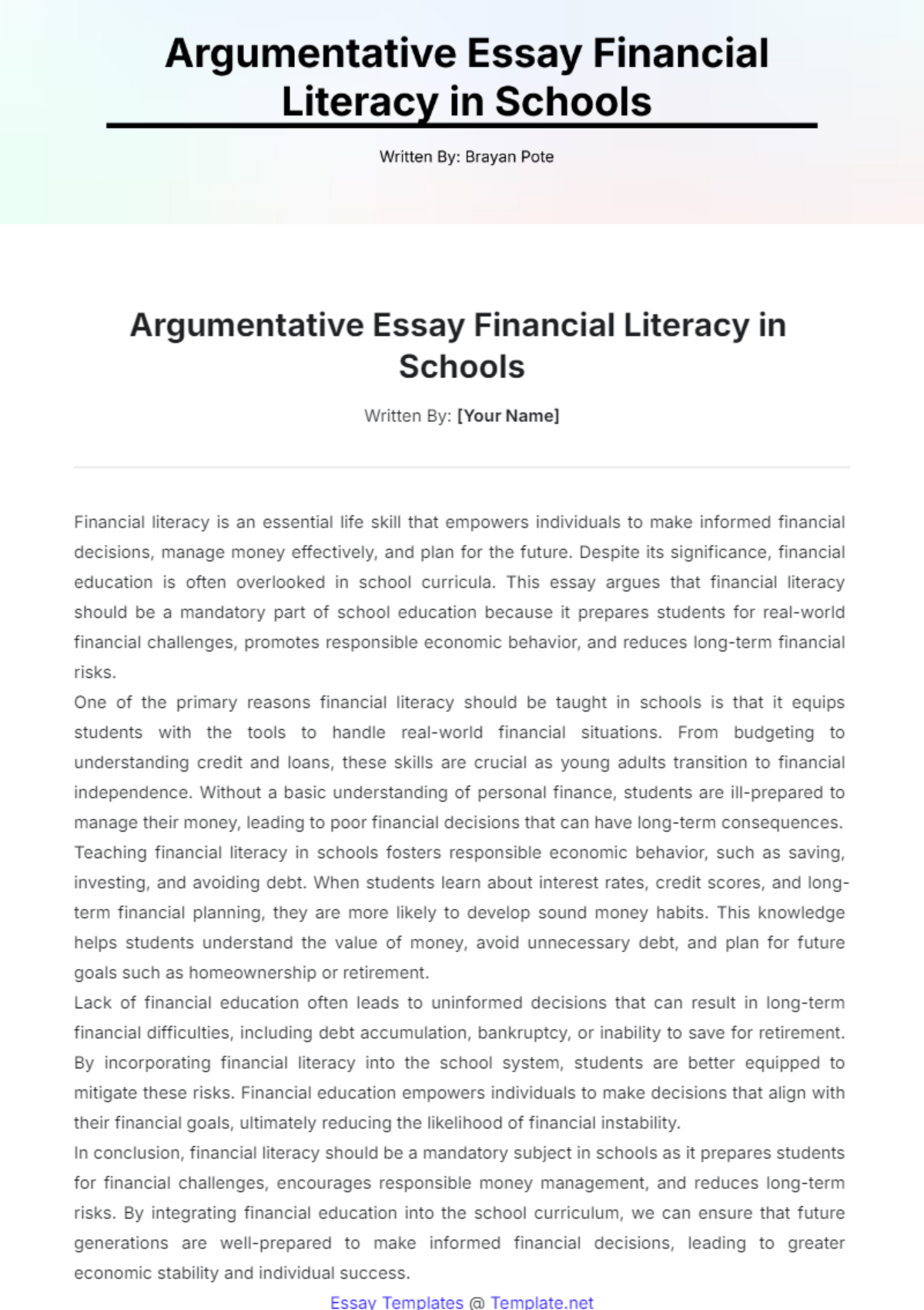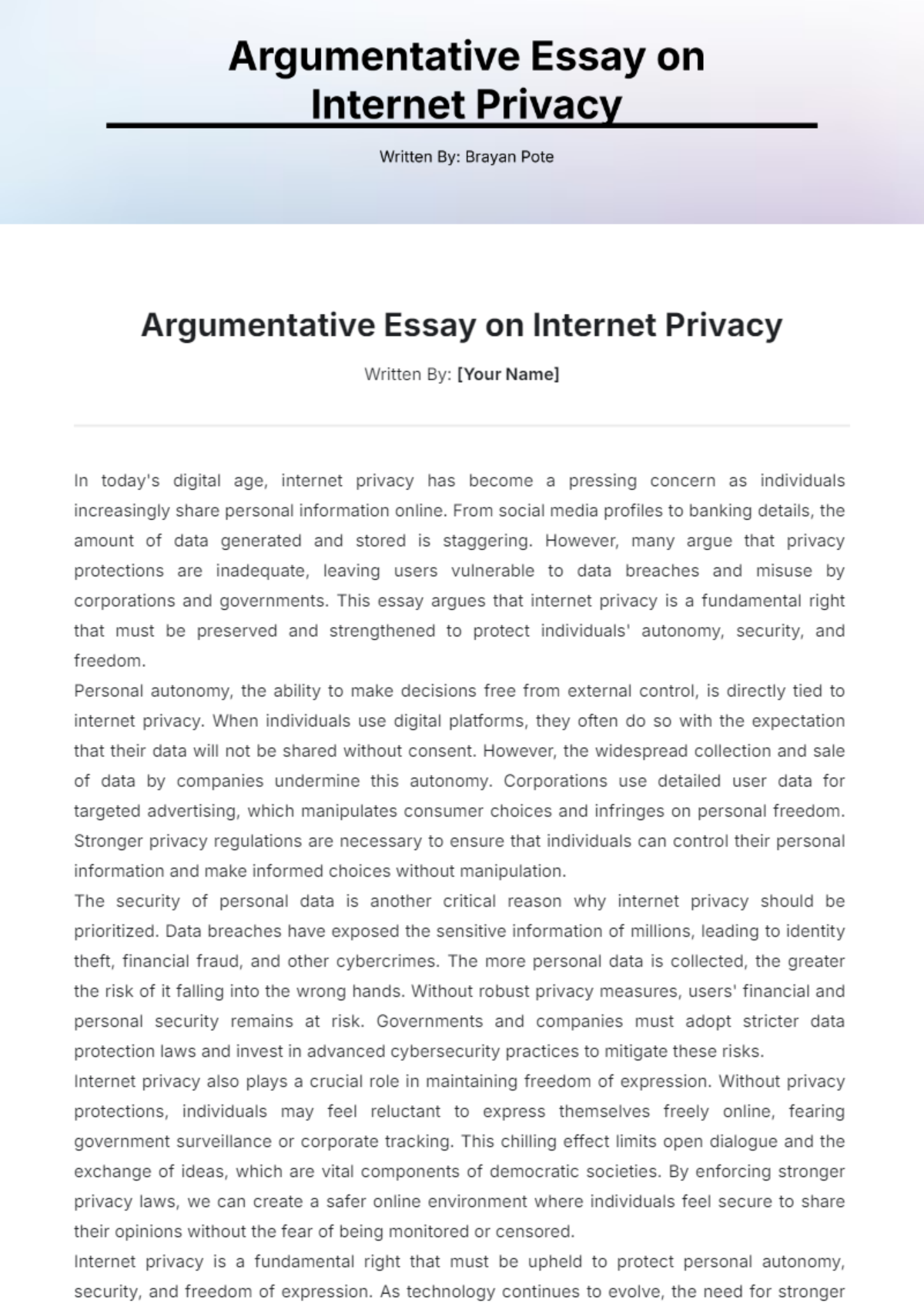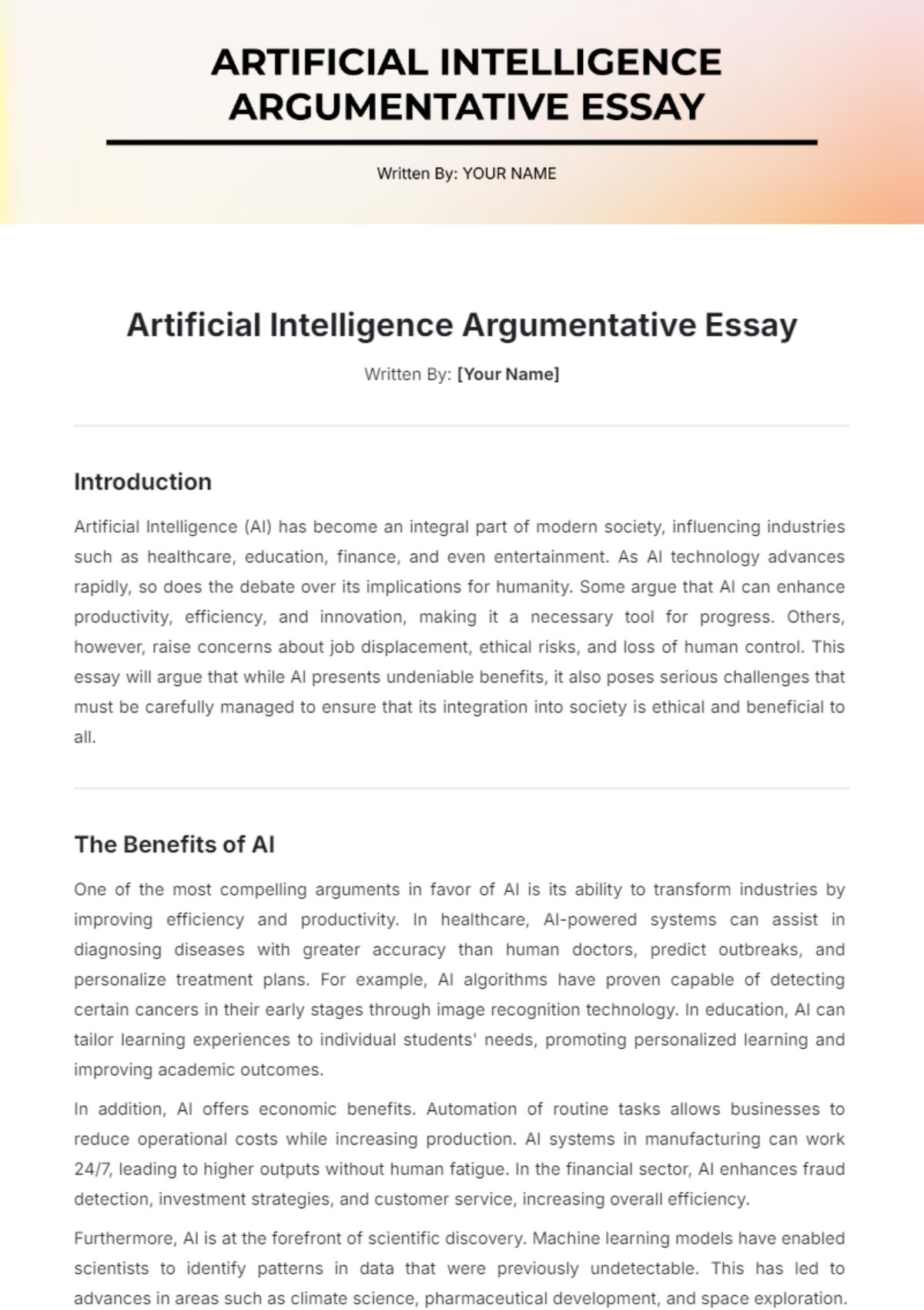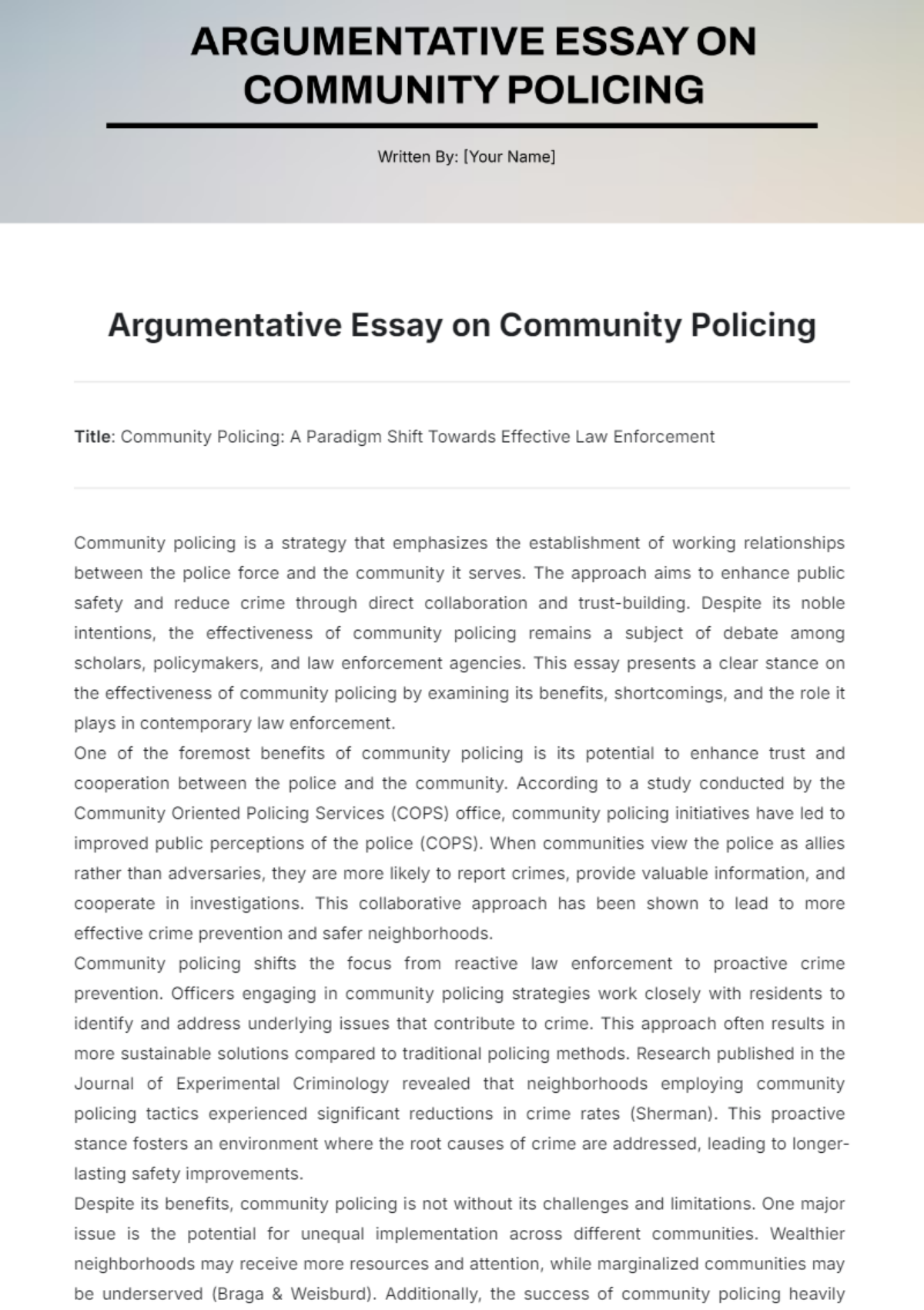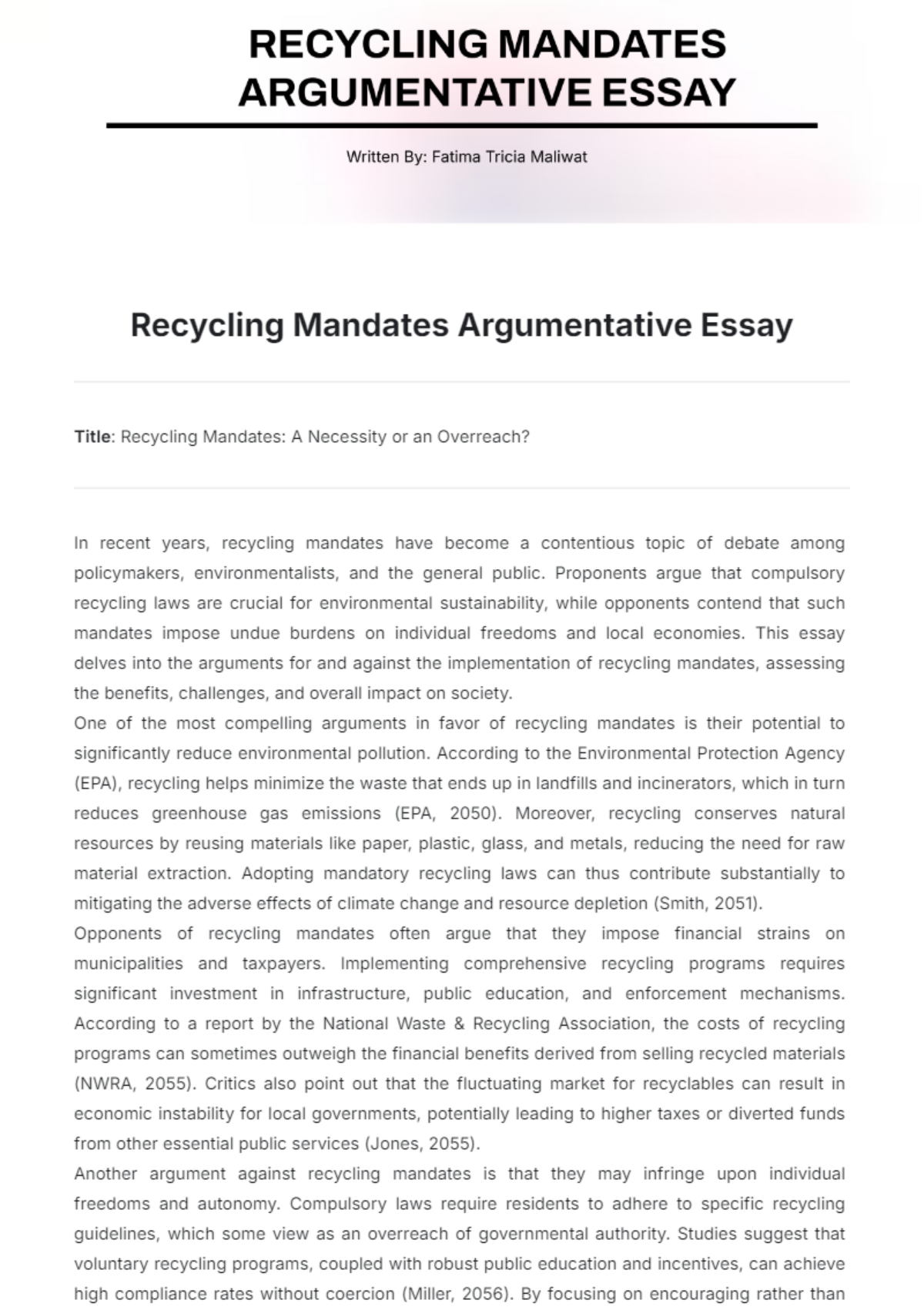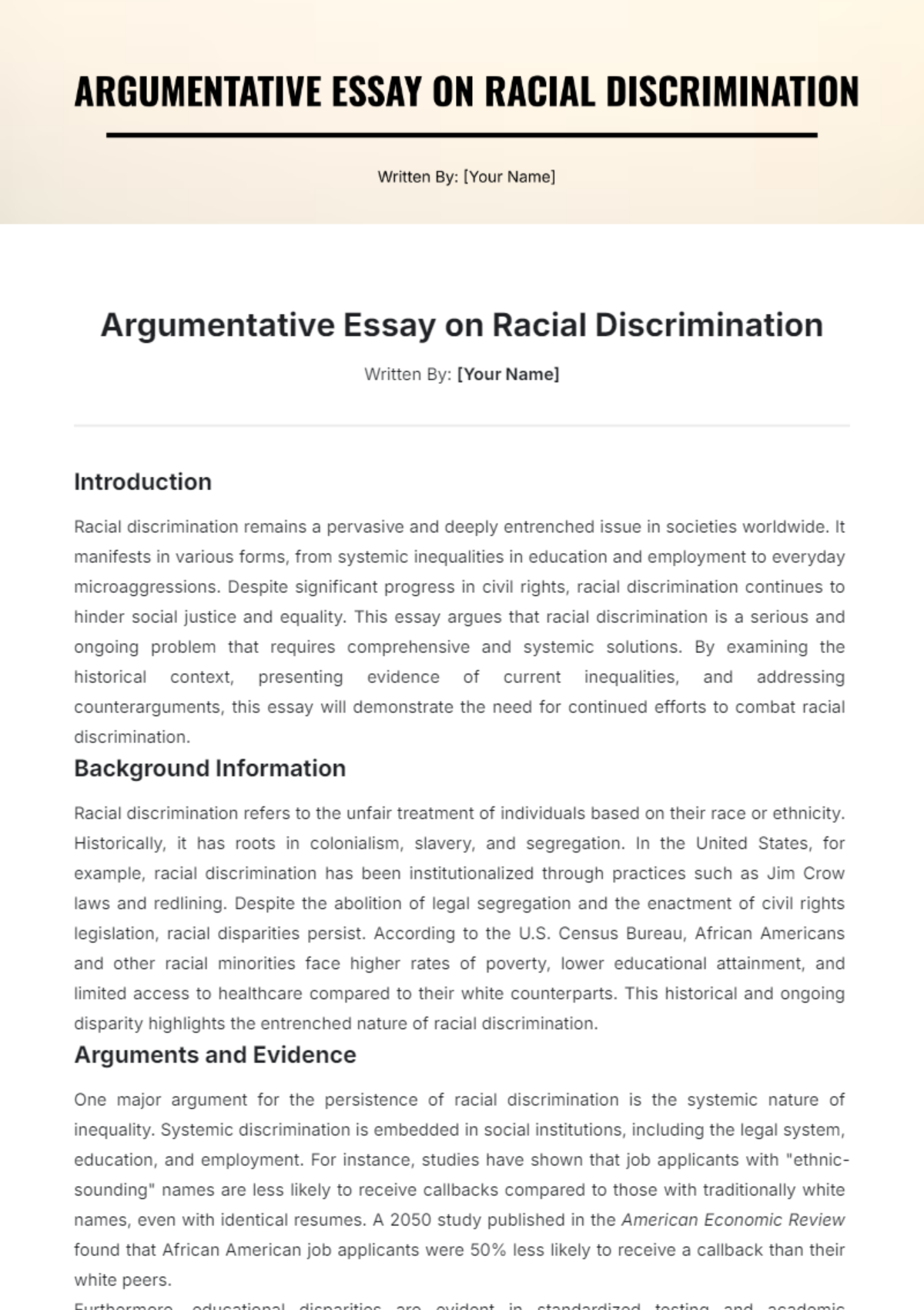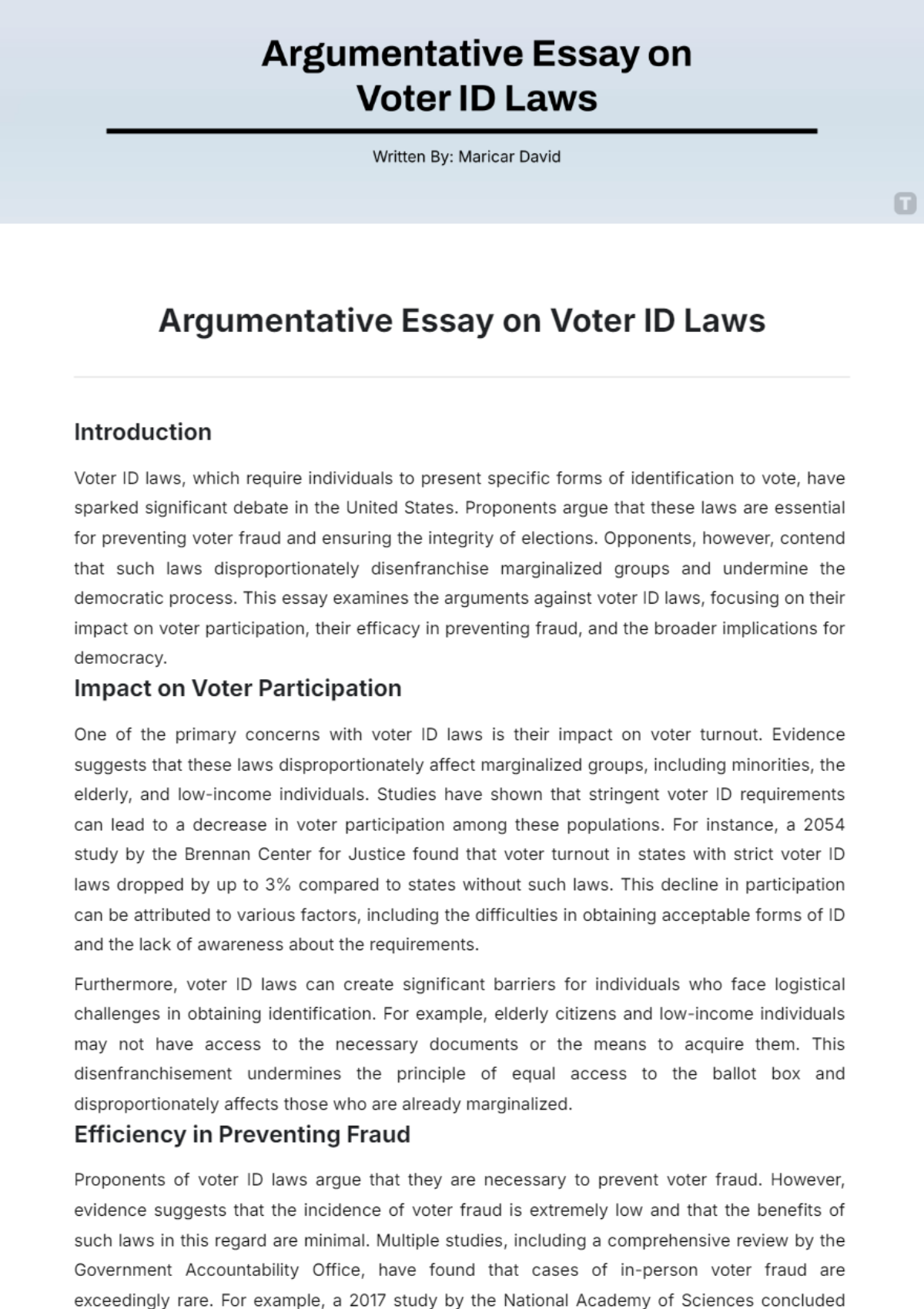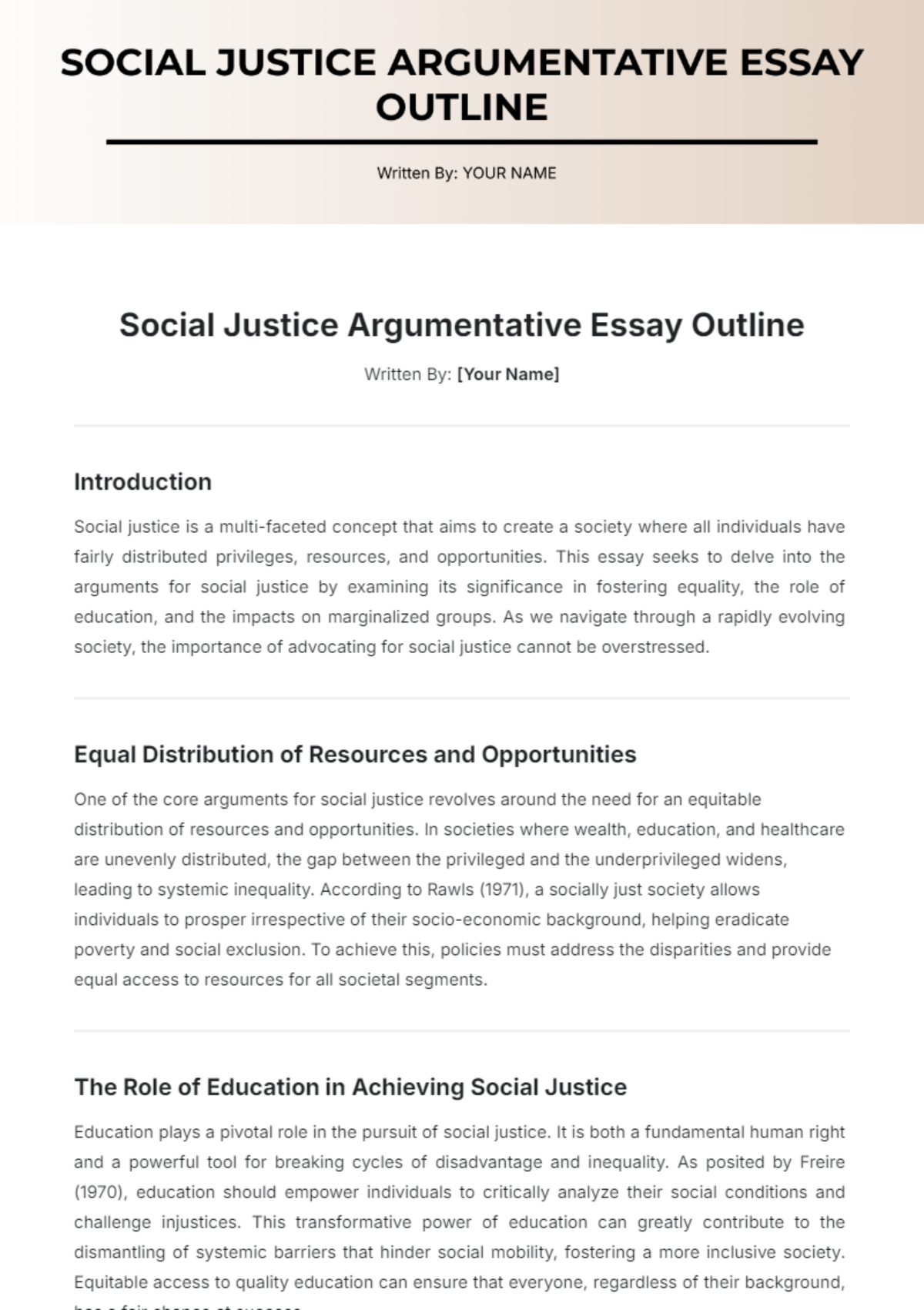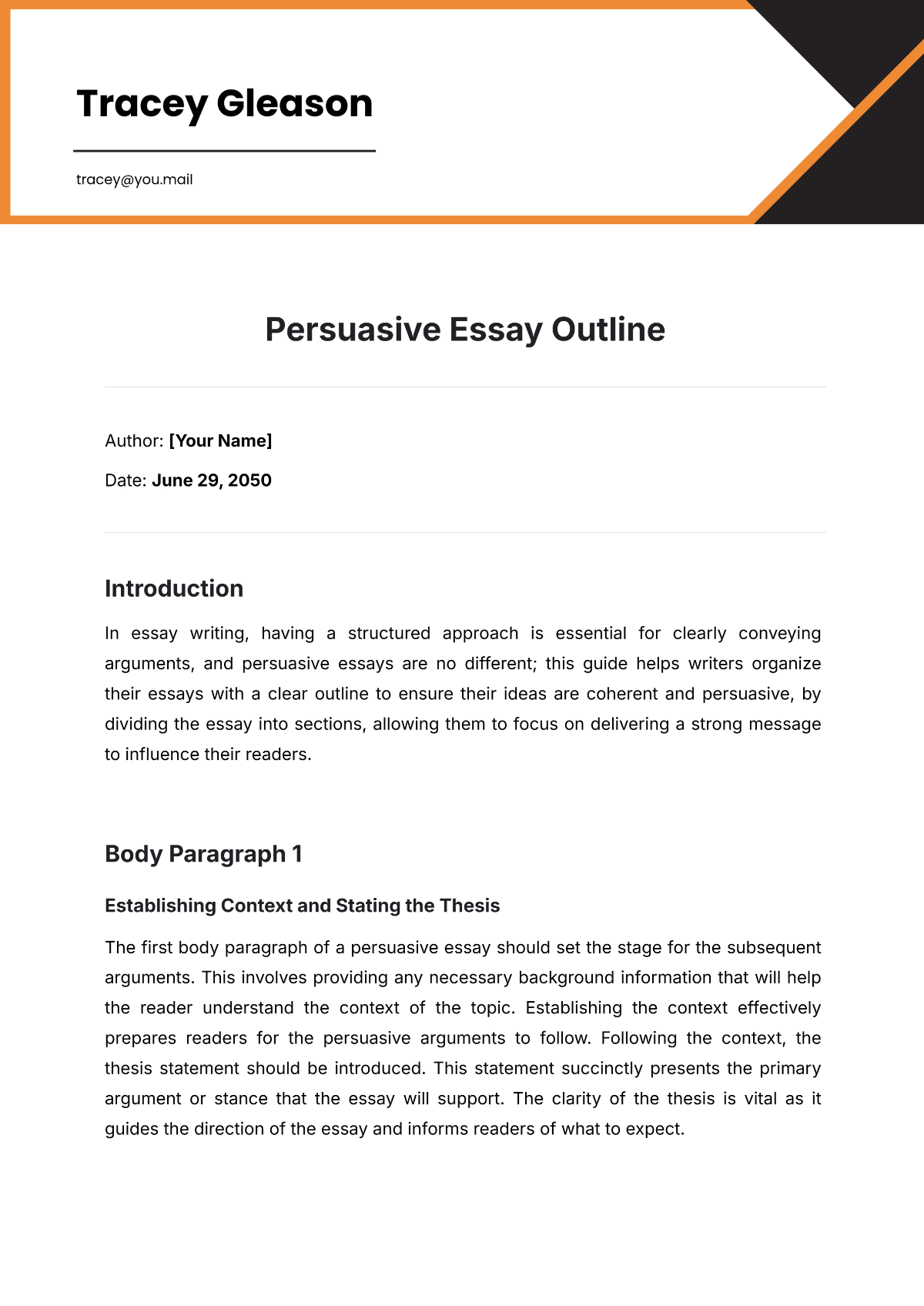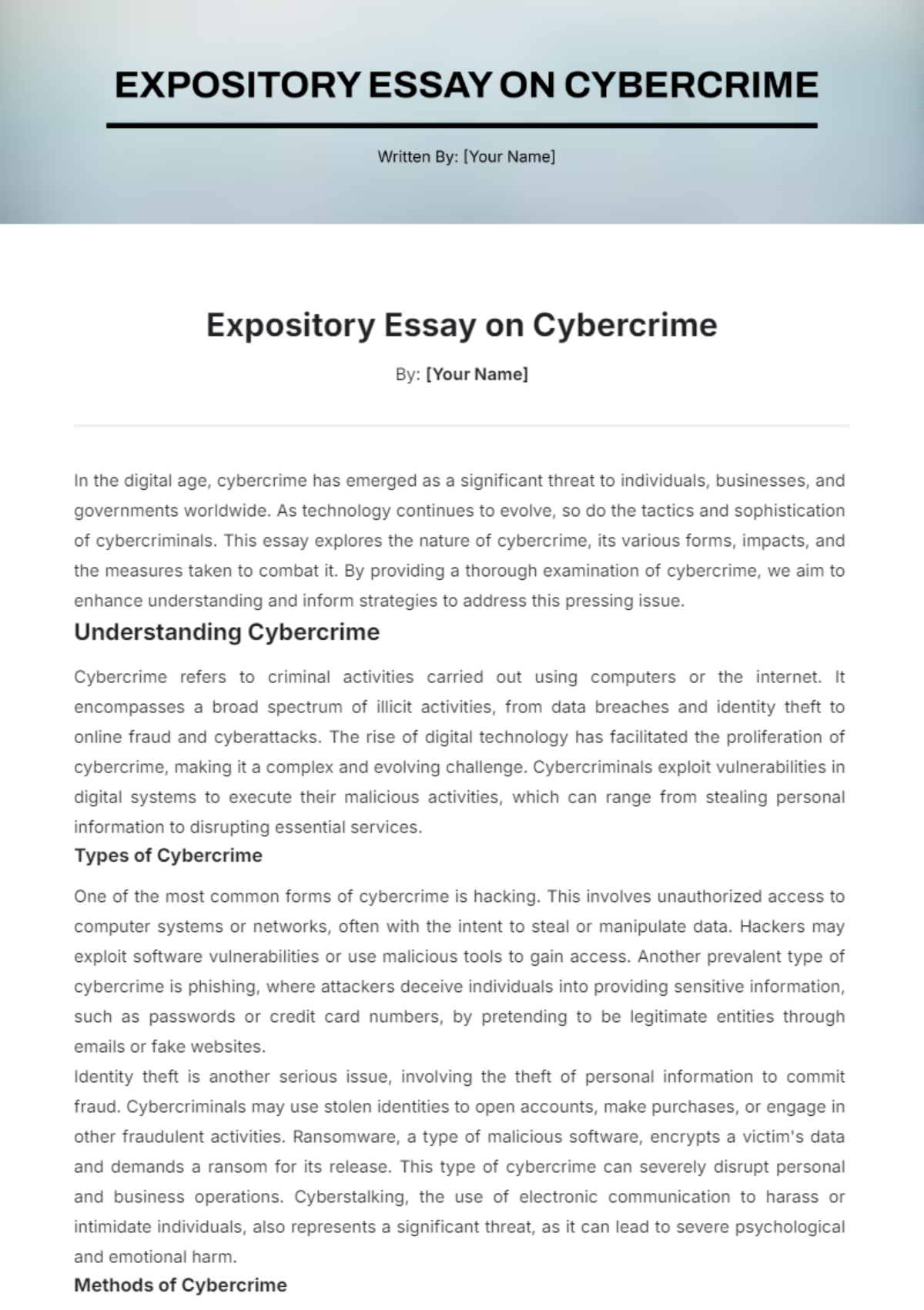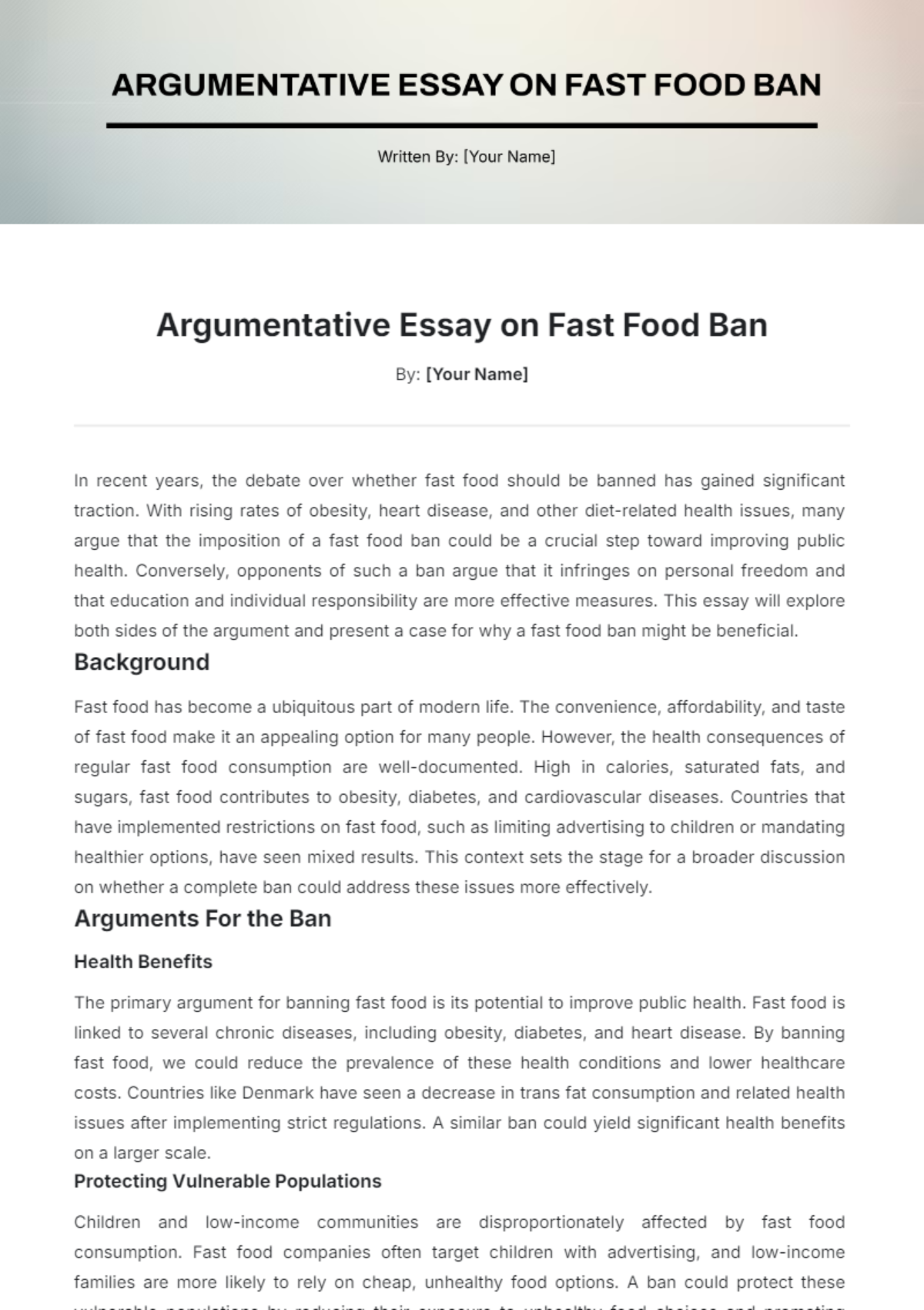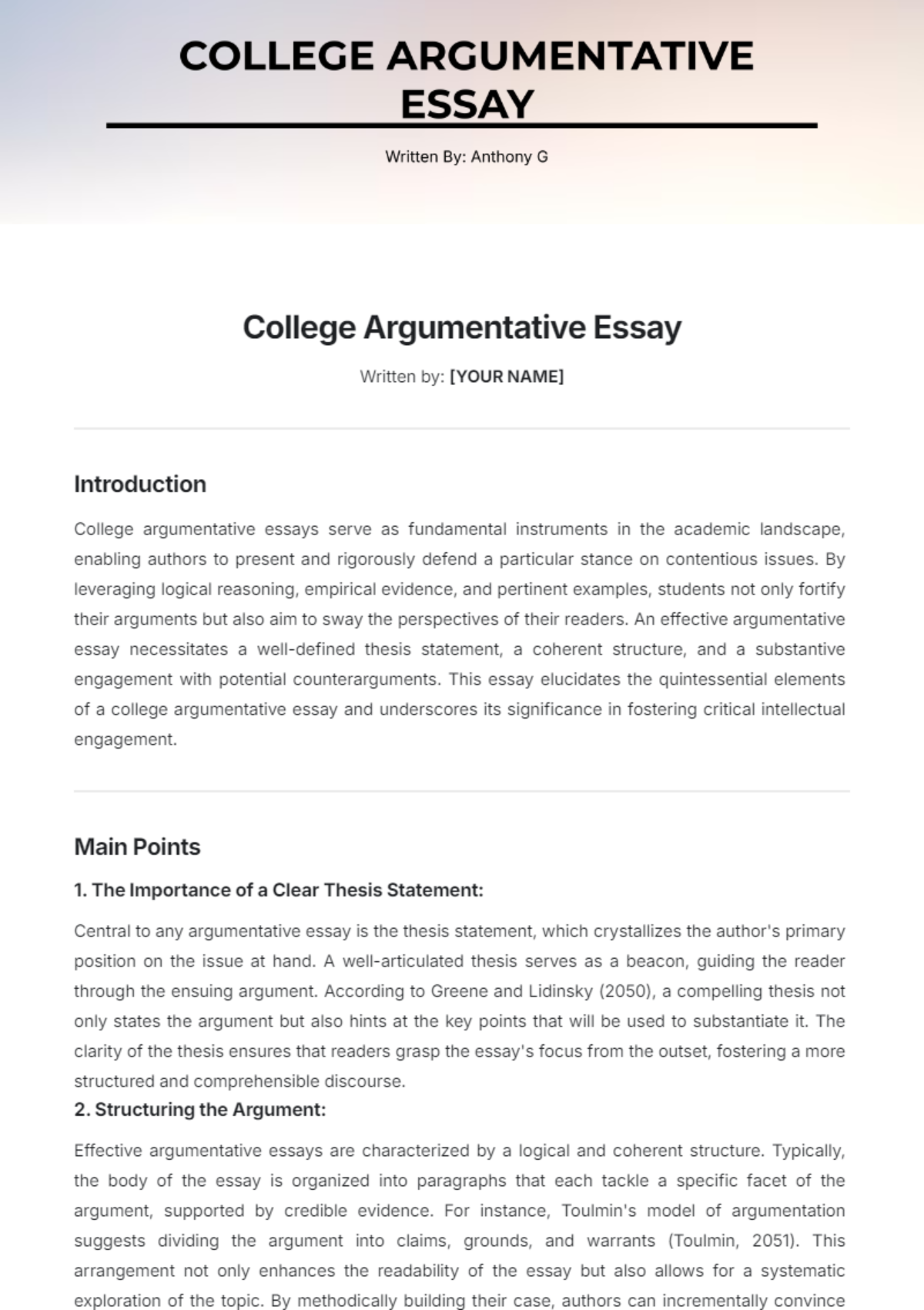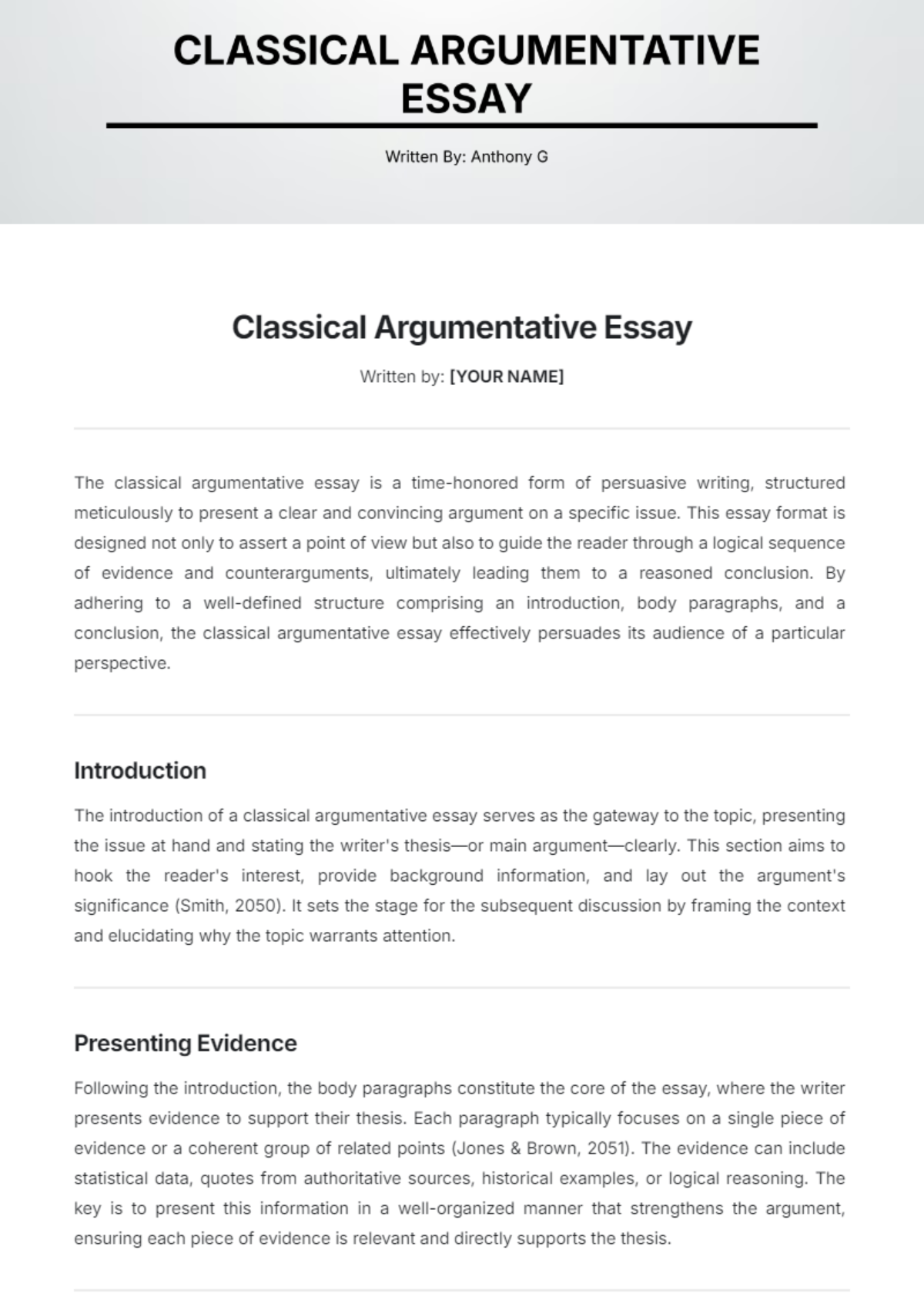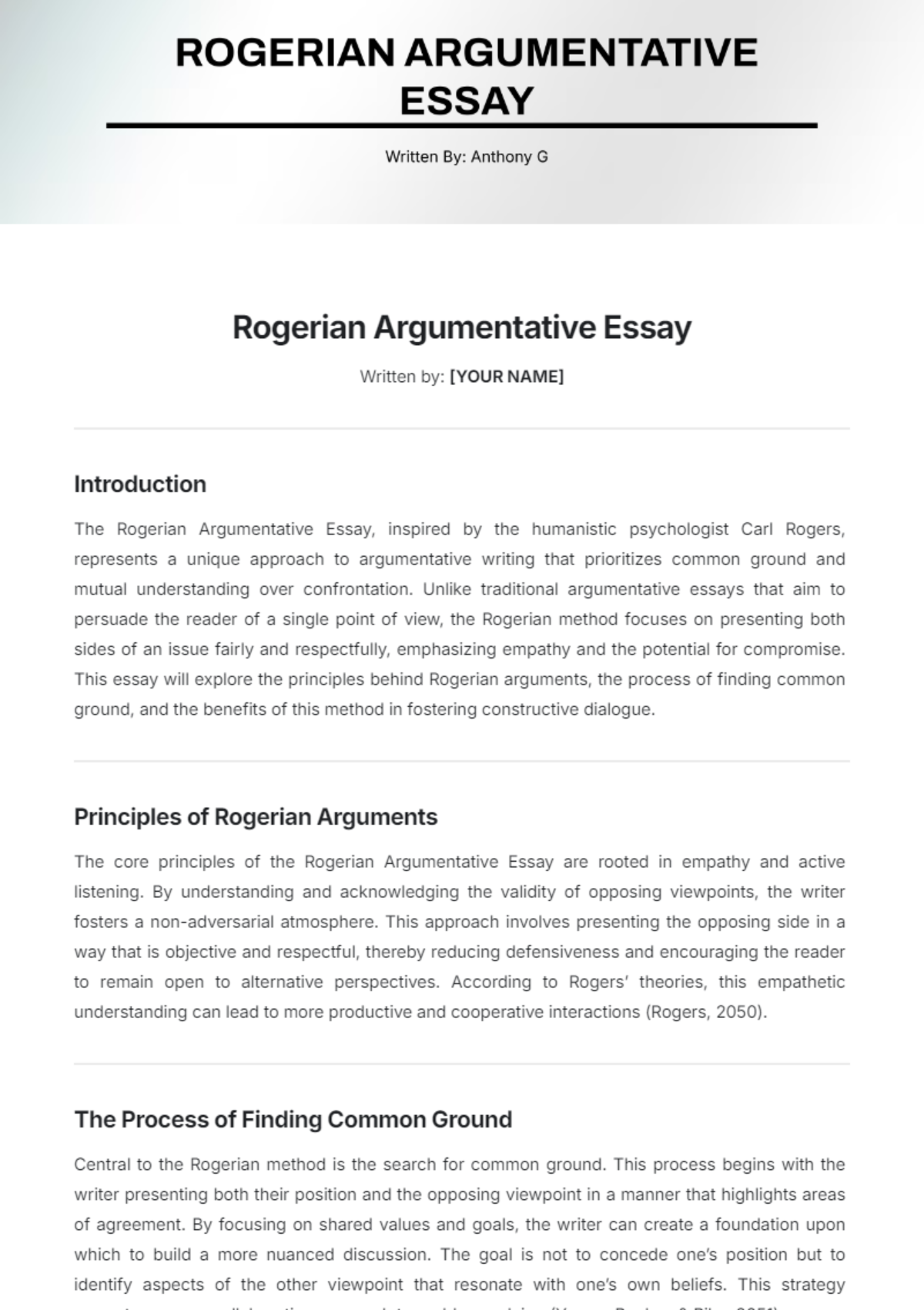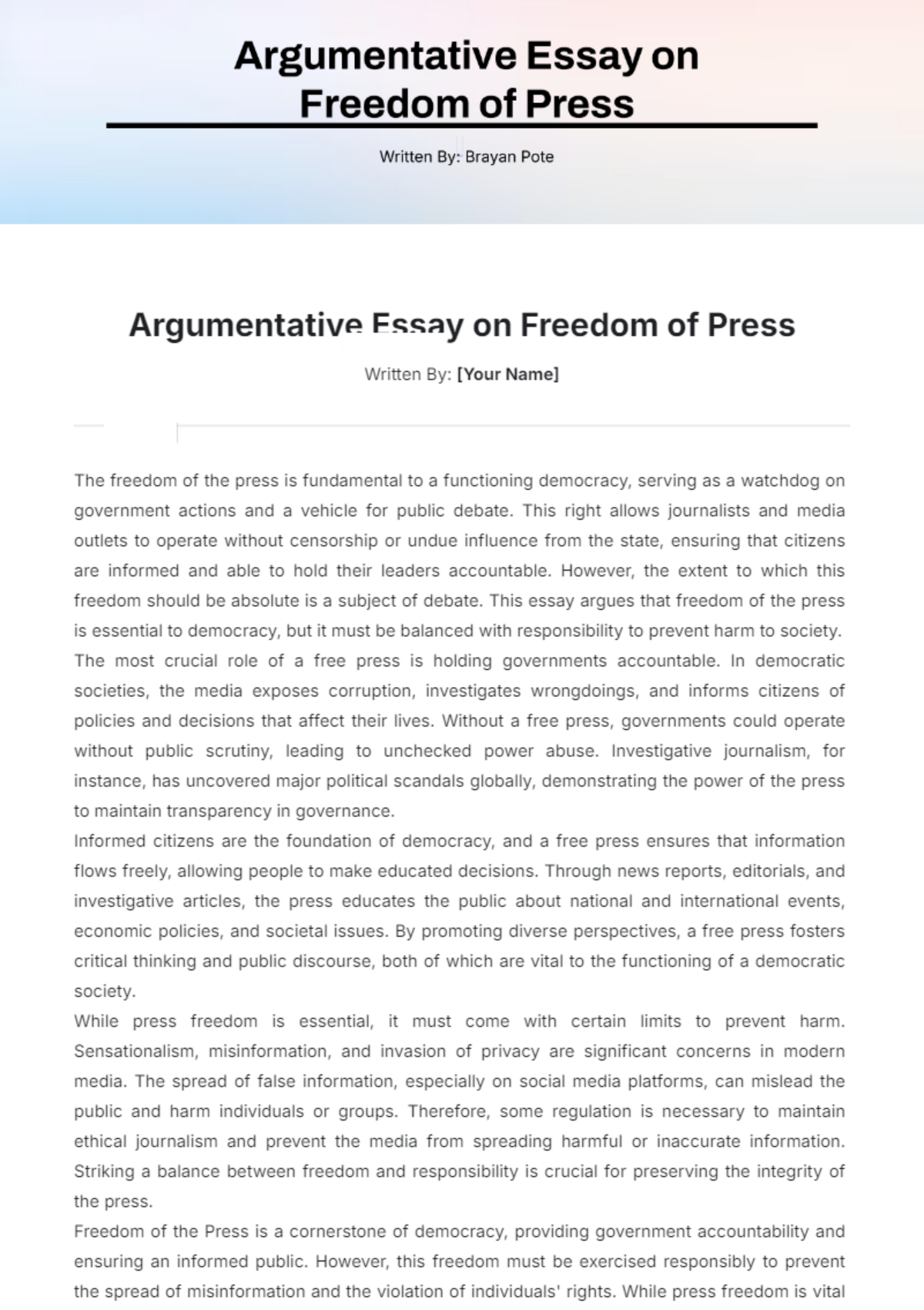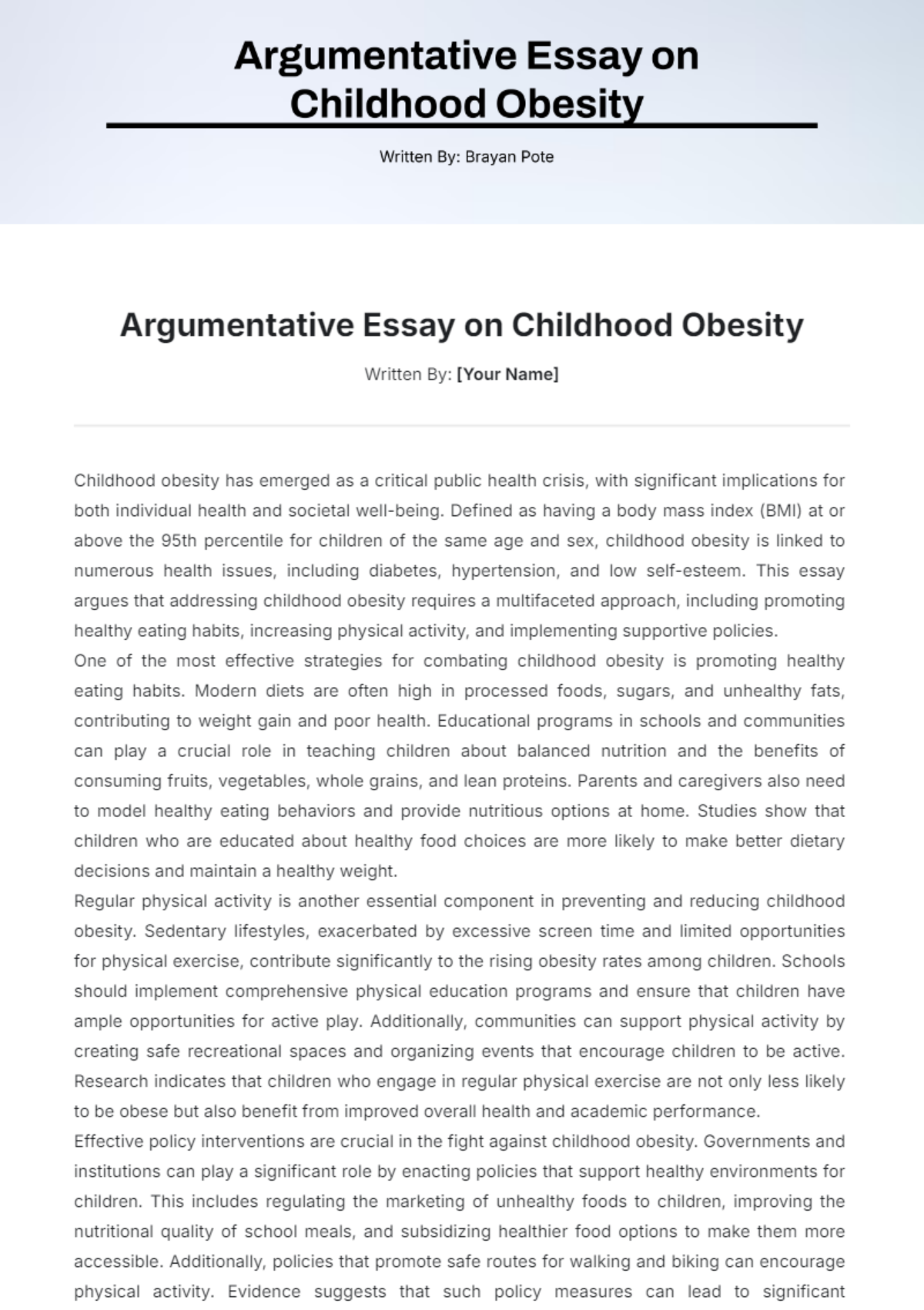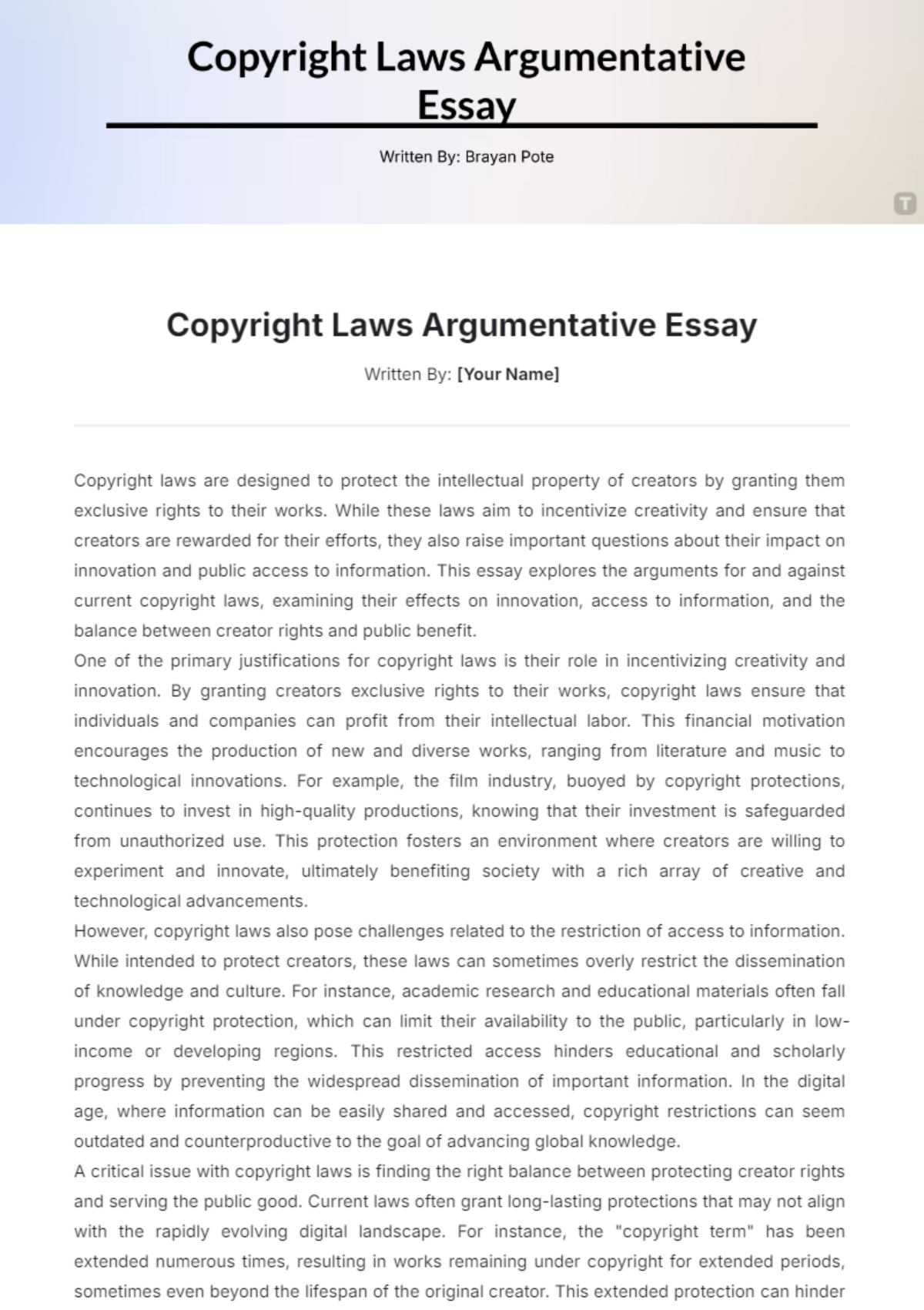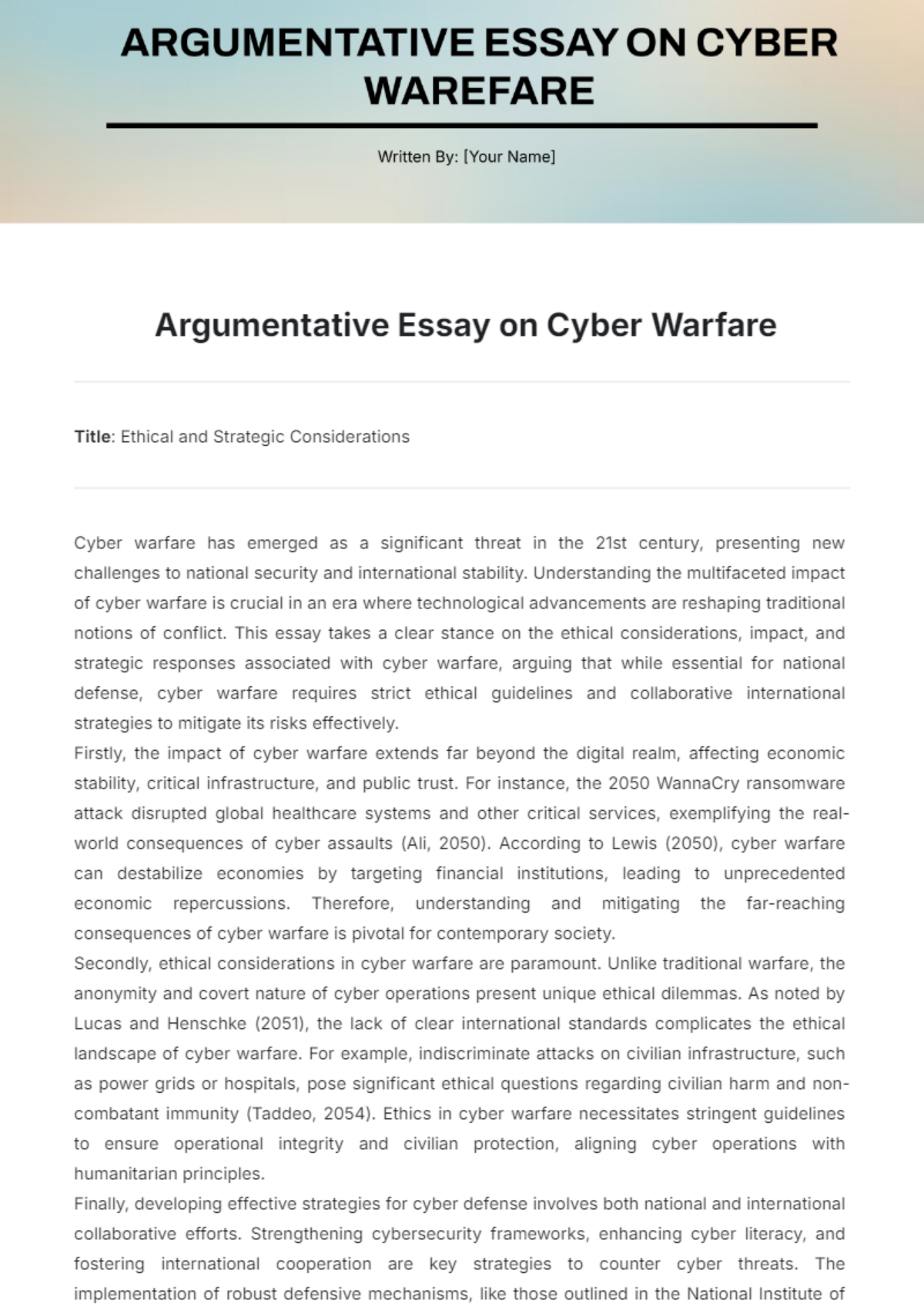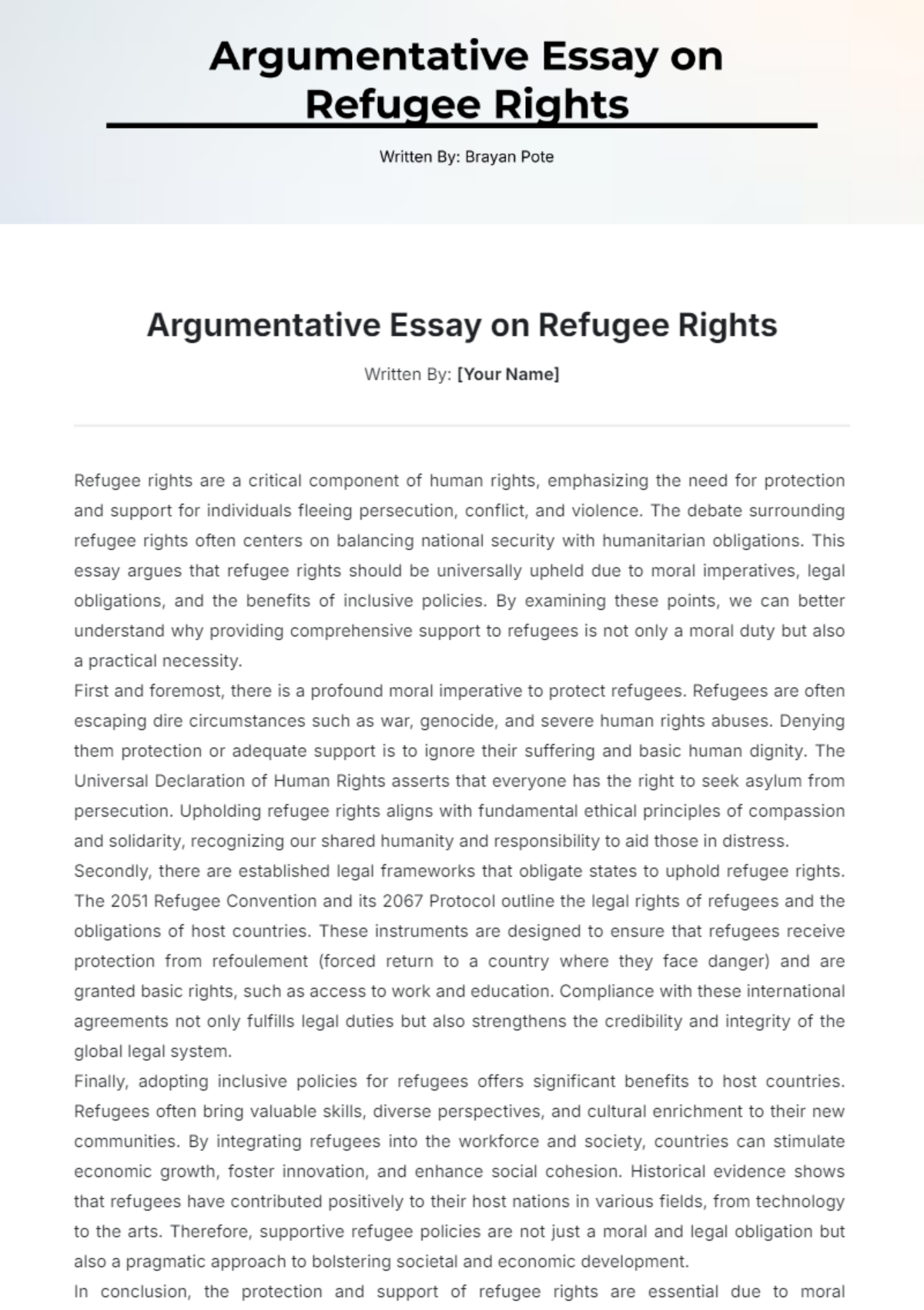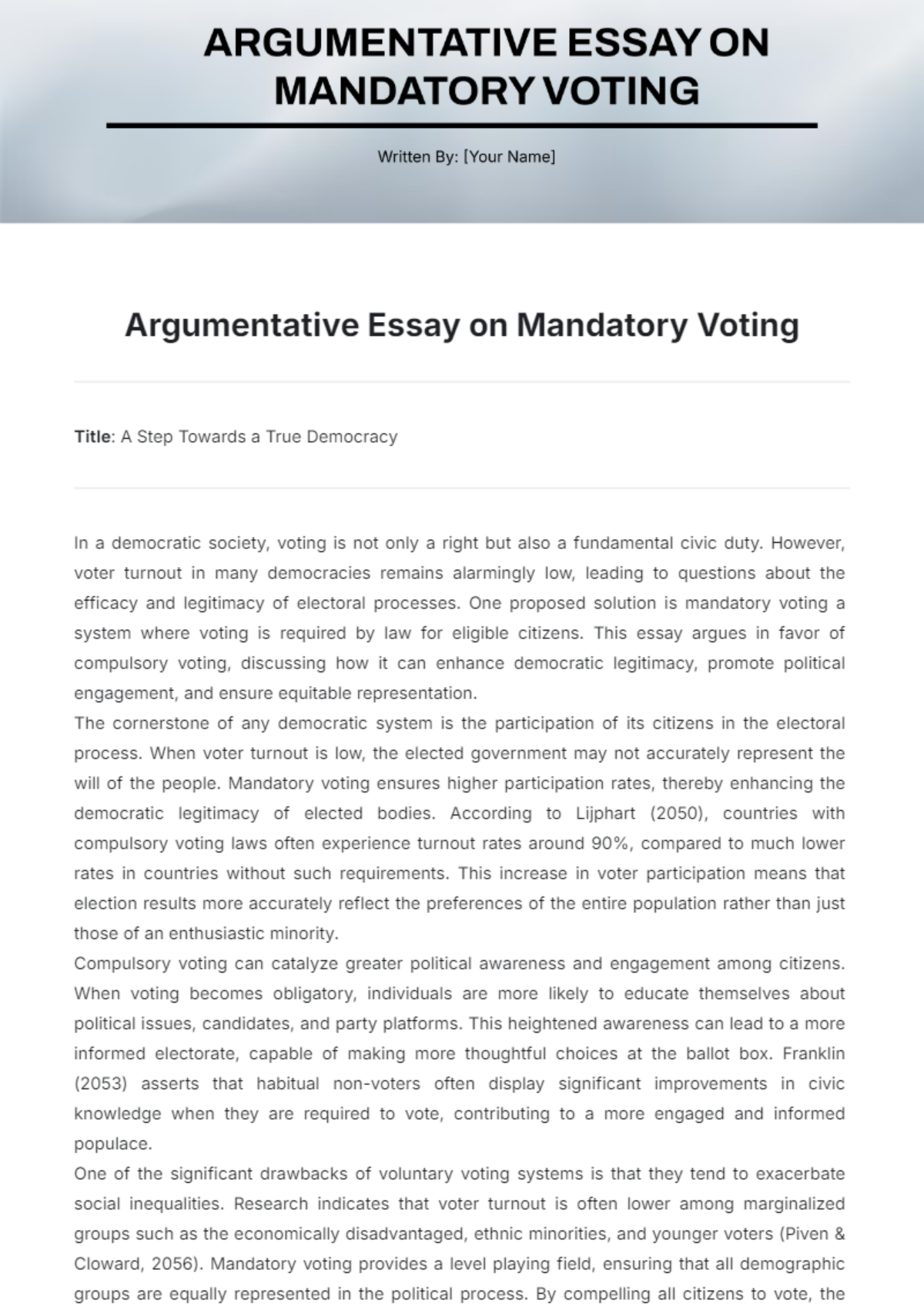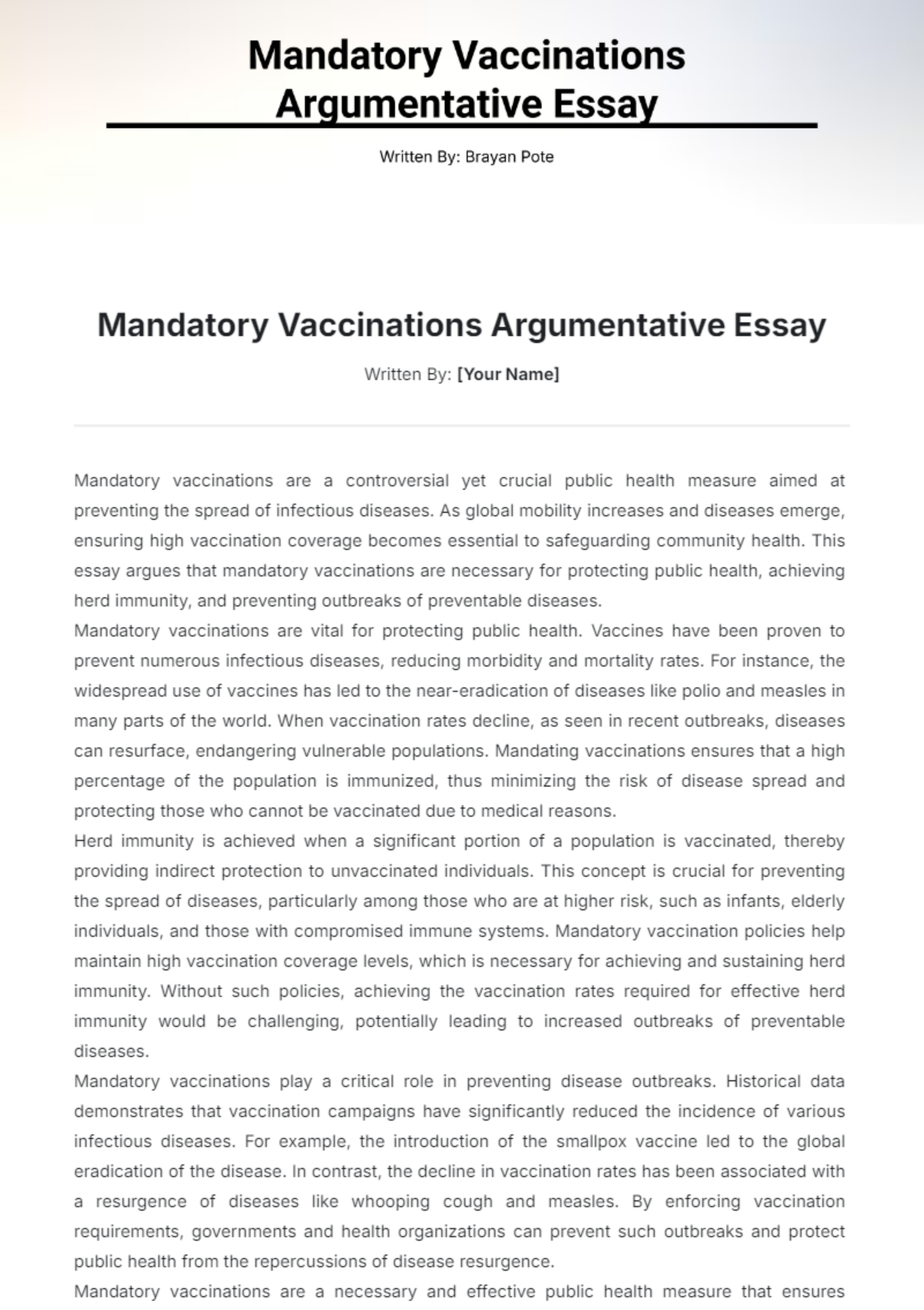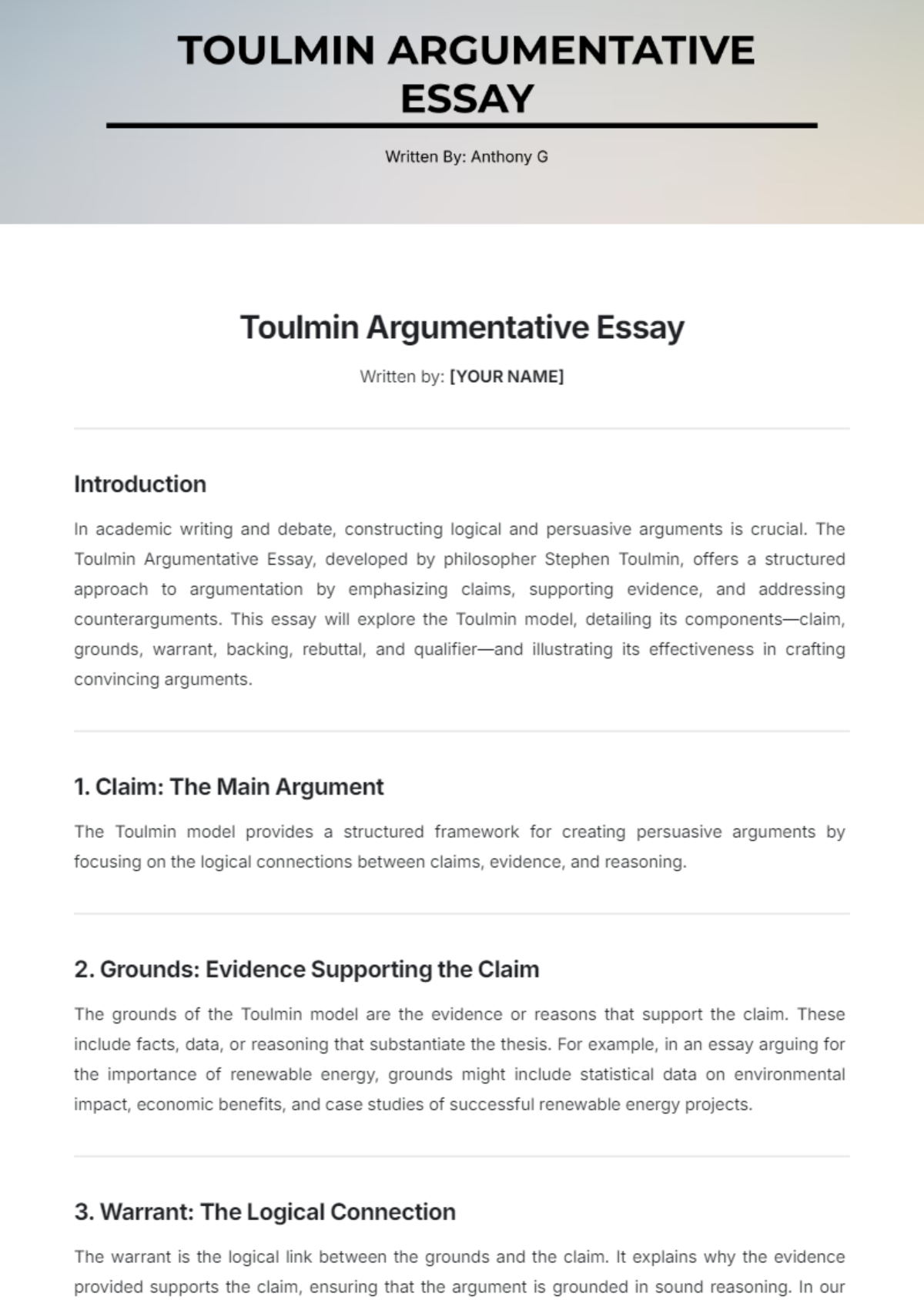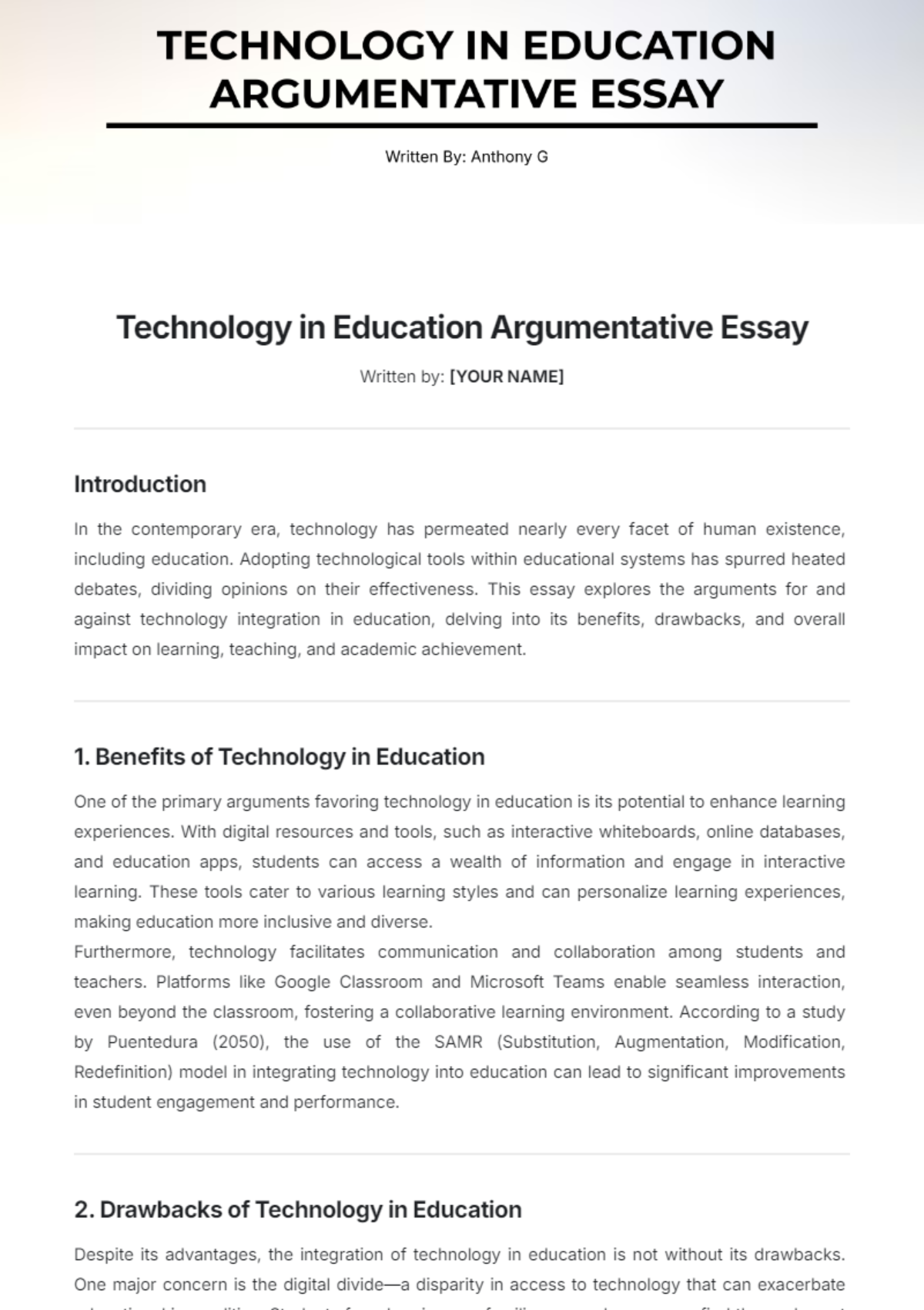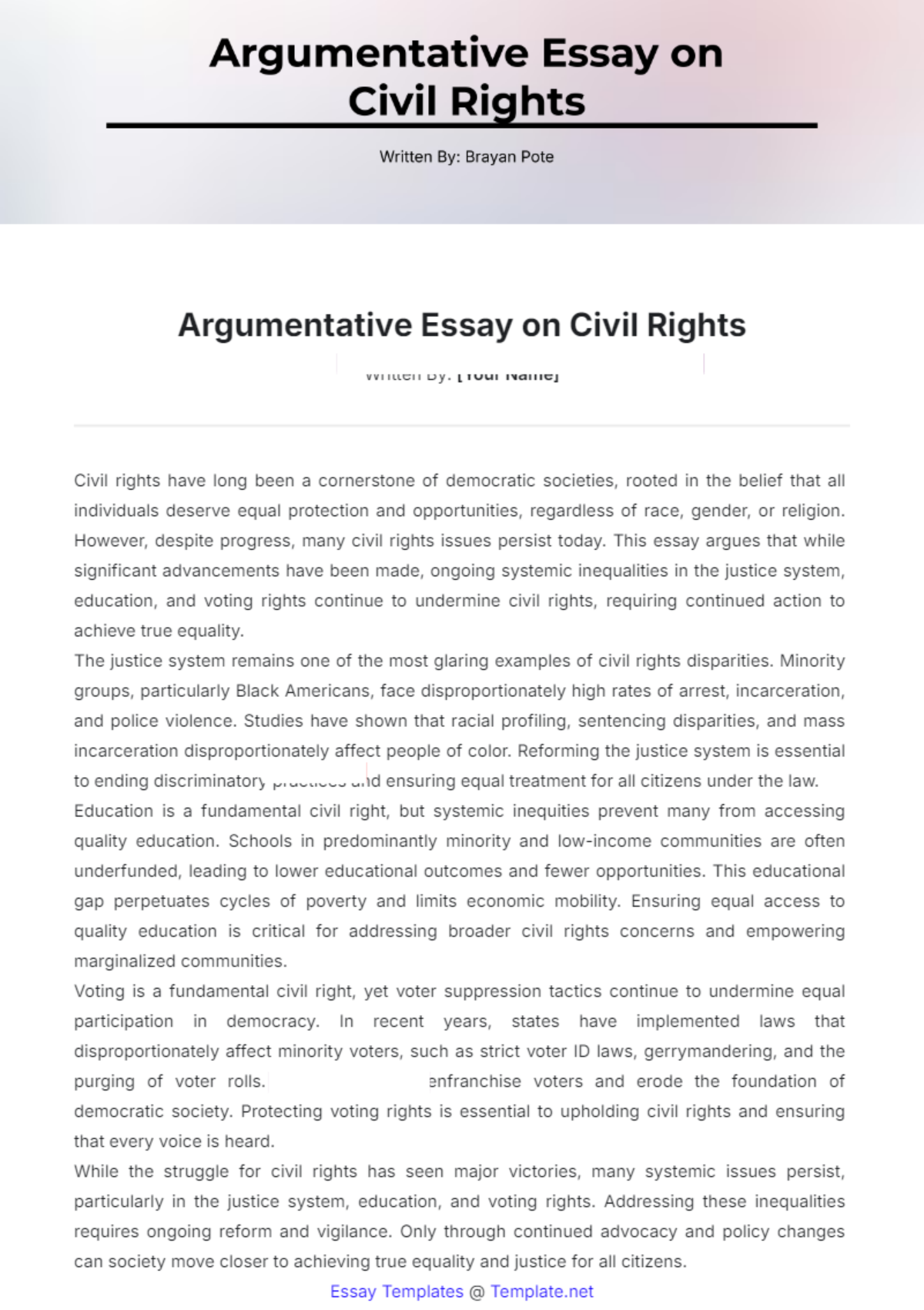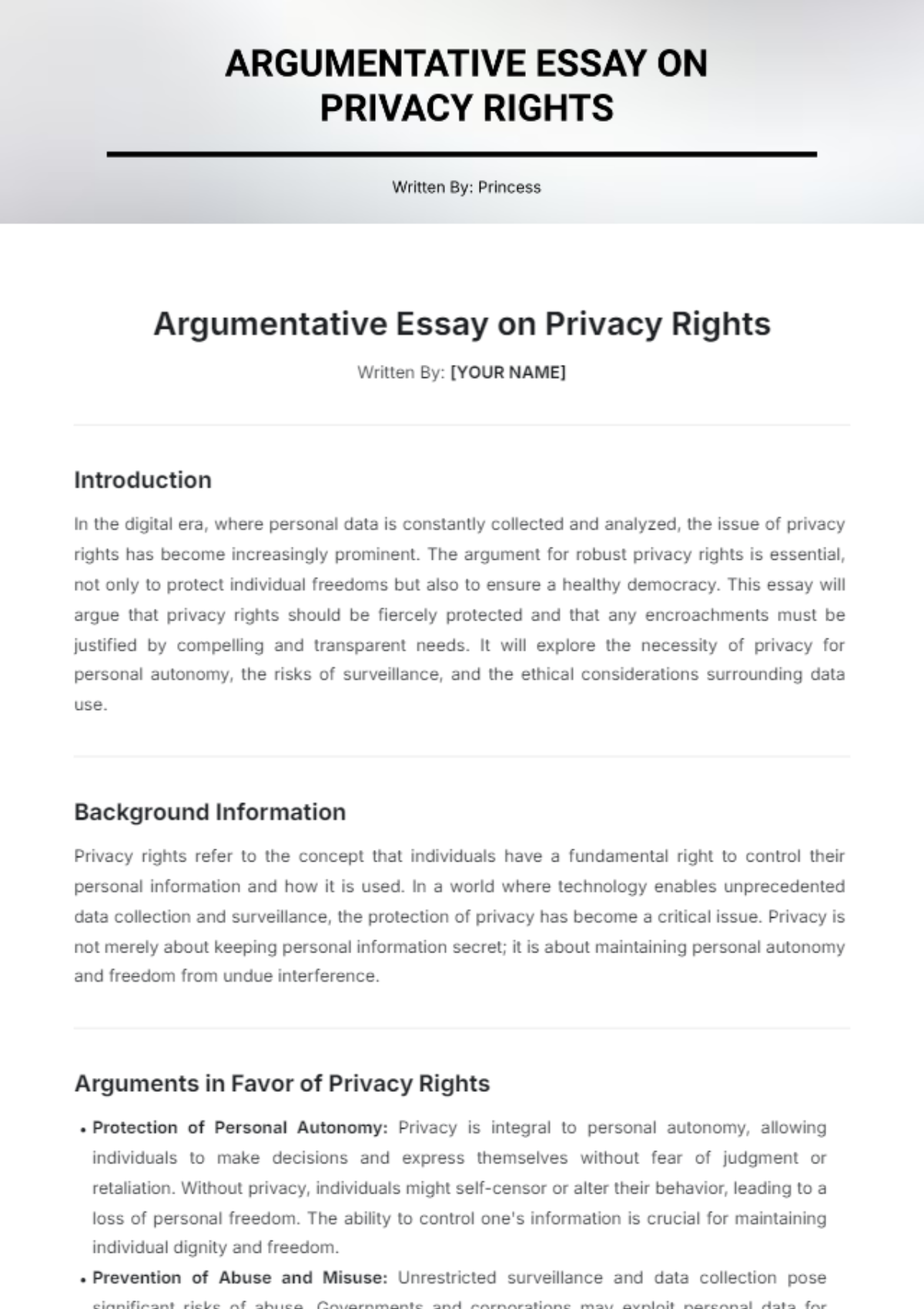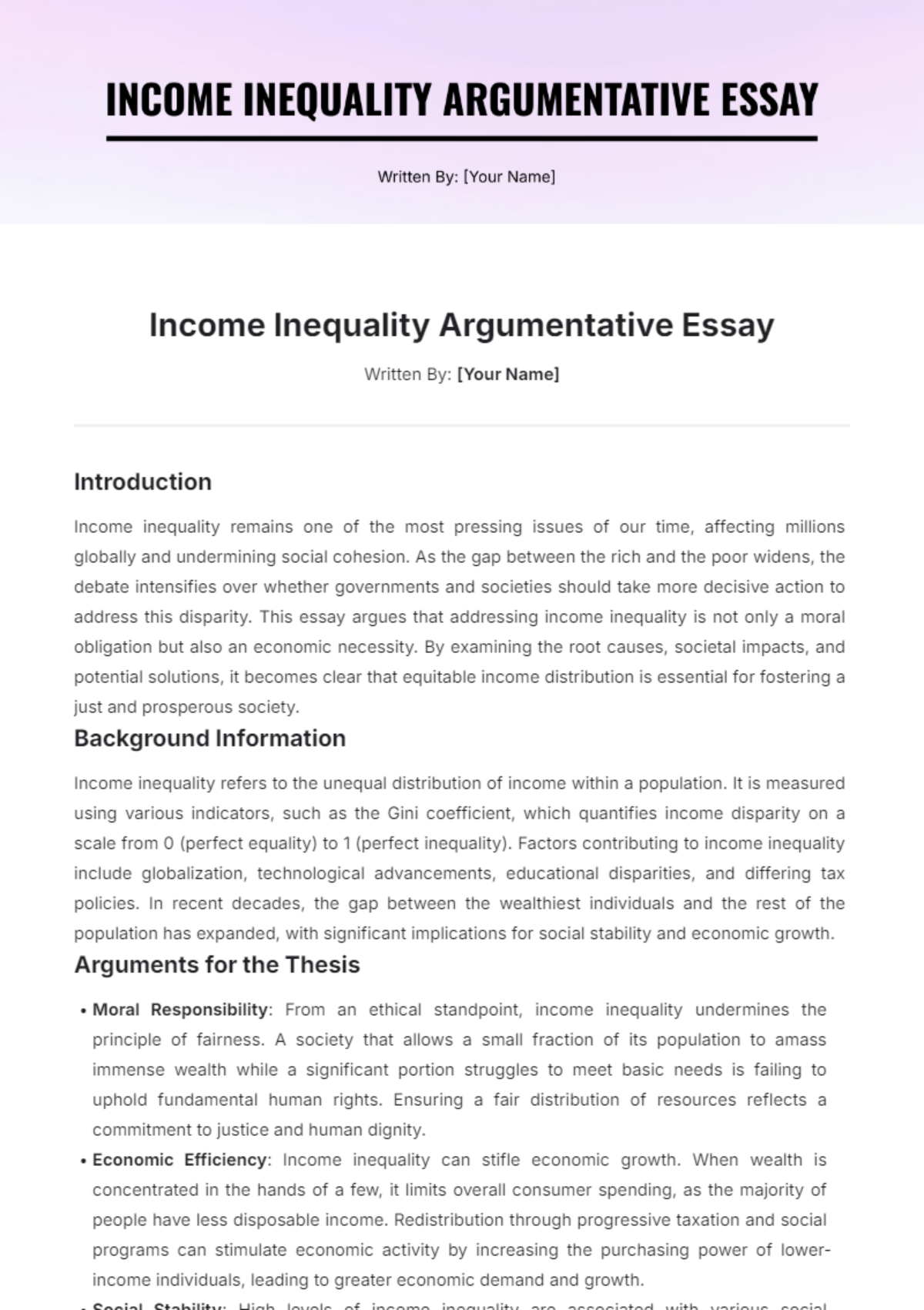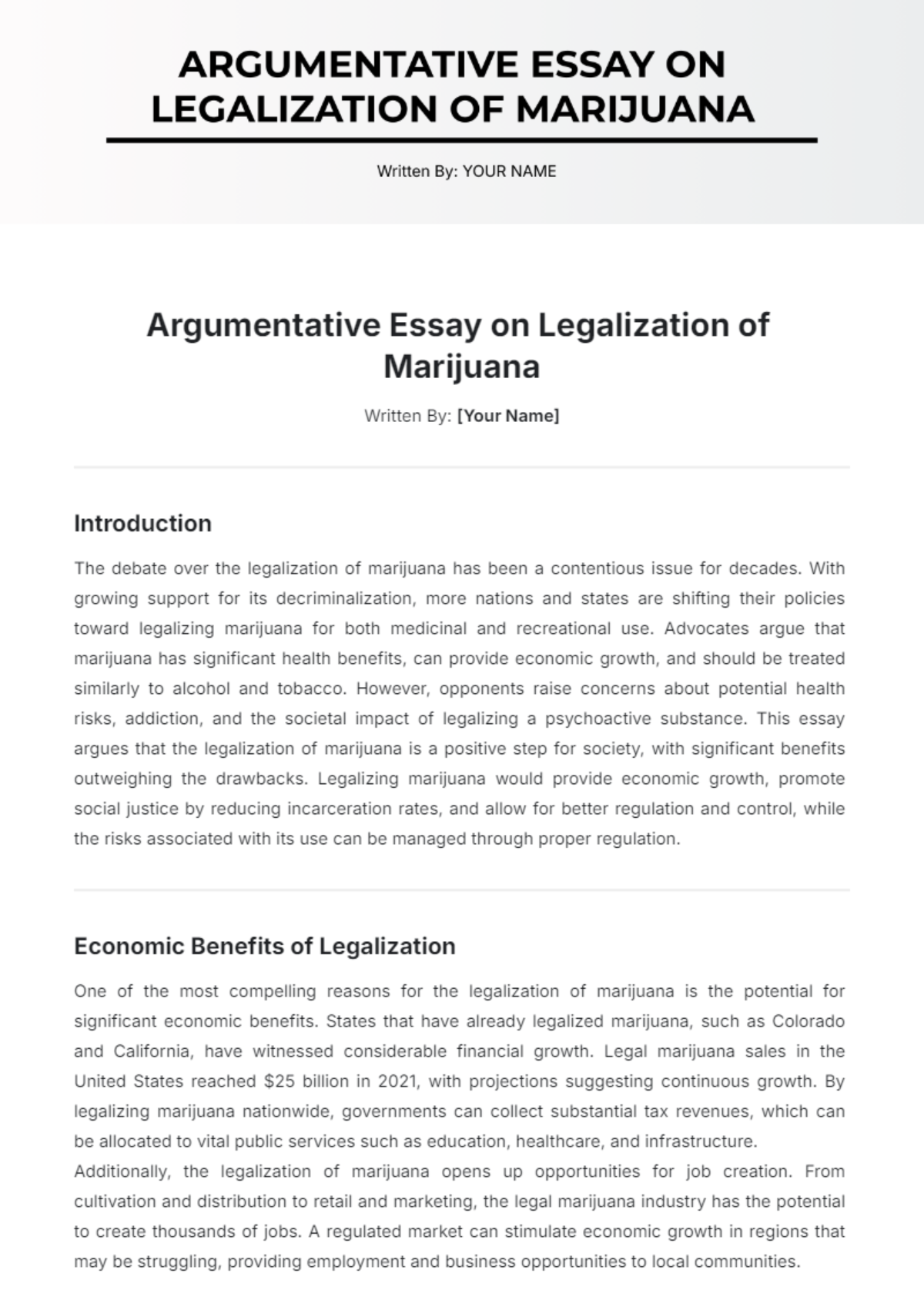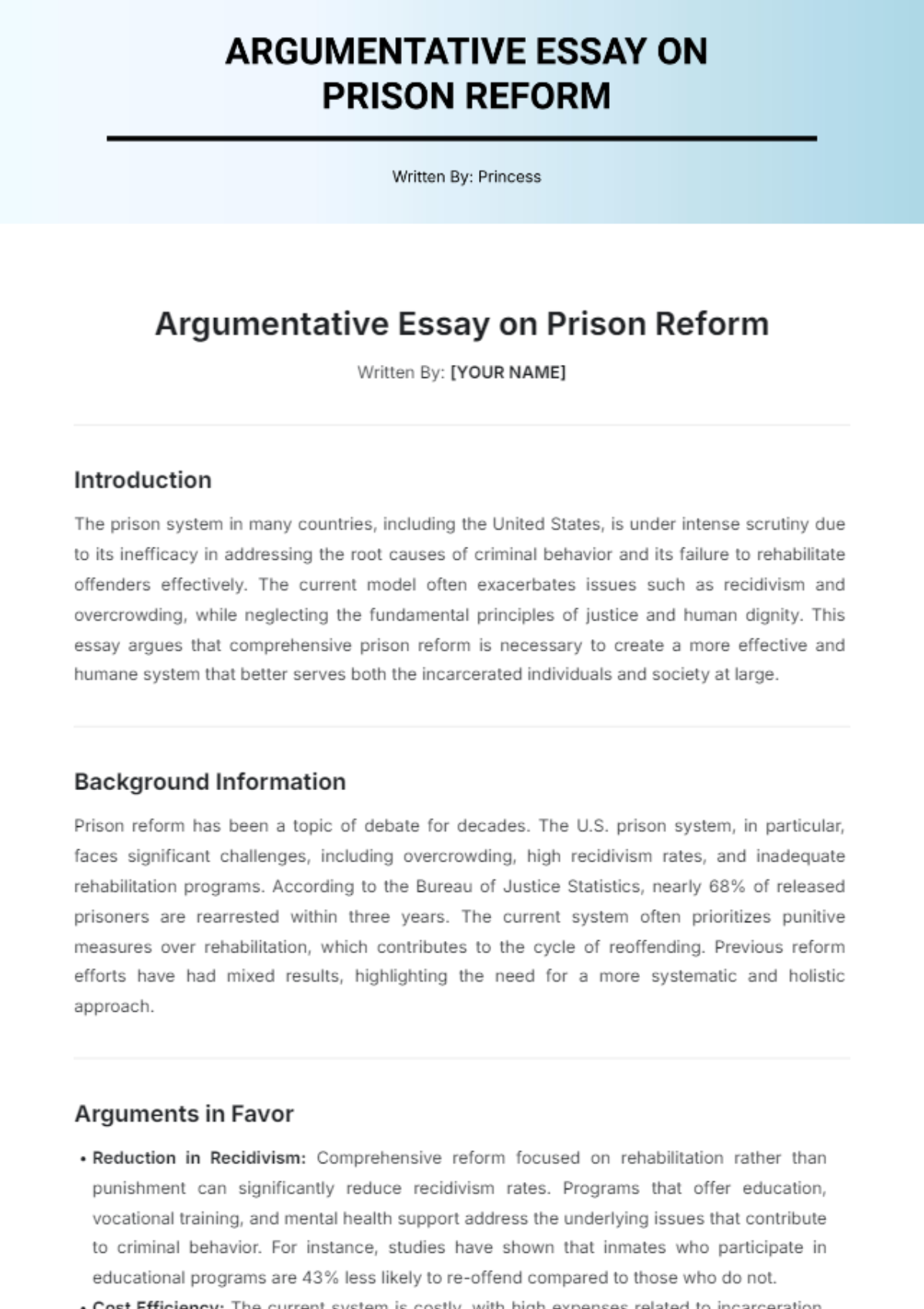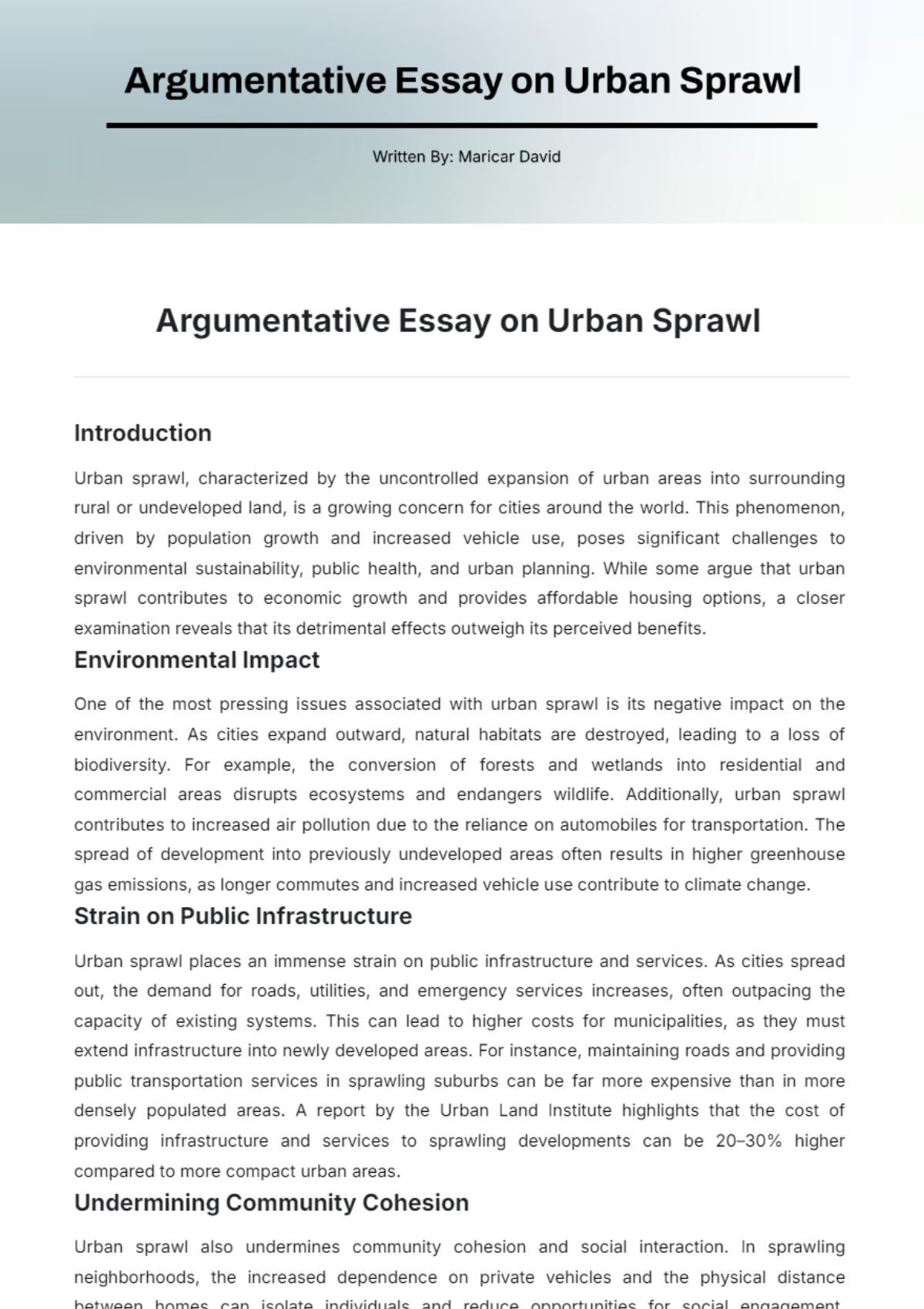Argumentative Essay on Internet Privacy
Written By: [Your Name]
In today's digital age, internet privacy has become a pressing concern as individuals increasingly share personal information online. From social media profiles to banking details, the amount of data generated and stored is staggering. However, many argue that privacy protections are inadequate, leaving users vulnerable to data breaches and misuse by corporations and governments. This essay argues that internet privacy is a fundamental right that must be preserved and strengthened to protect individuals' autonomy, security, and freedom.
Personal autonomy, the ability to make decisions free from external control, is directly tied to internet privacy. When individuals use digital platforms, they often do so with the expectation that their data will not be shared without consent. However, the widespread collection and sale of data by companies undermine this autonomy. Corporations use detailed user data for targeted advertising, which manipulates consumer choices and infringes on personal freedom. Stronger privacy regulations are necessary to ensure that individuals can control their personal information and make informed choices without manipulation.
The security of personal data is another critical reason why internet privacy should be prioritized. Data breaches have exposed the sensitive information of millions, leading to identity theft, financial fraud, and other cybercrimes. The more personal data is collected, the greater the risk of it falling into the wrong hands. Without robust privacy measures, users' financial and personal security remains at risk. Governments and companies must adopt stricter data protection laws and invest in advanced cybersecurity practices to mitigate these risks.
Internet privacy also plays a crucial role in maintaining freedom of expression. Without privacy protections, individuals may feel reluctant to express themselves freely online, fearing government surveillance or corporate tracking. This chilling effect limits open dialogue and the exchange of ideas, which are vital components of democratic societies. By enforcing stronger privacy laws, we can create a safer online environment where individuals feel secure to share their opinions without the fear of being monitored or censored.
Internet privacy is a fundamental right that must be upheld to protect personal autonomy, security, and freedom of expression. As technology continues to evolve, the need for stronger privacy regulations becomes increasingly clear. Governments and corporations must take responsibility for ensuring that users' data is protected, so individuals can maintain control over their information and engage in the digital world without fear. In a world where personal data is currency, privacy is a non-negotiable right that demands vigilant protection.

